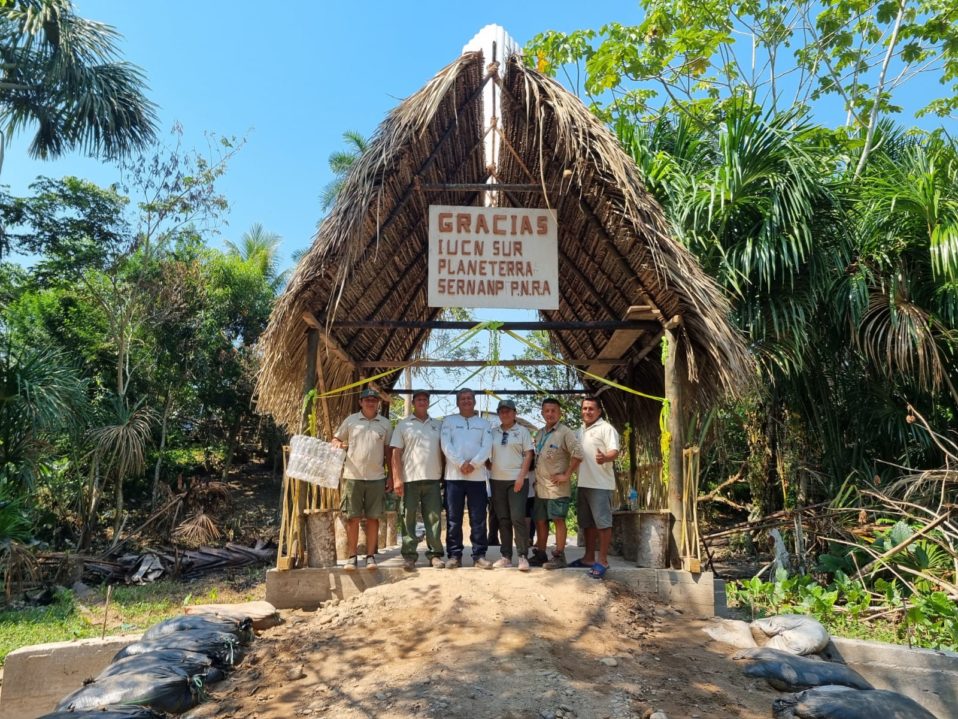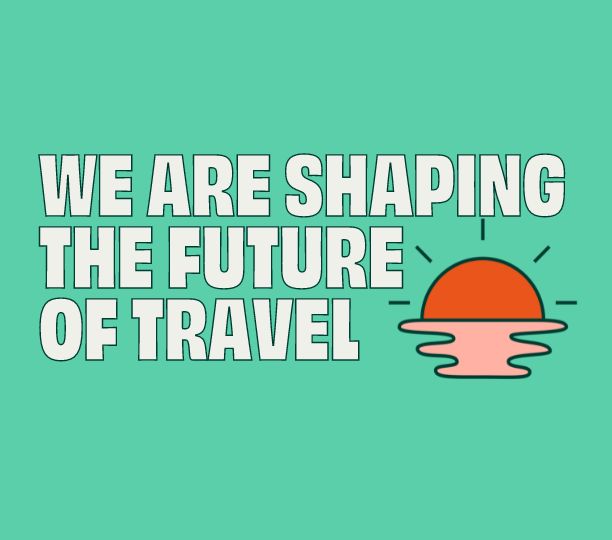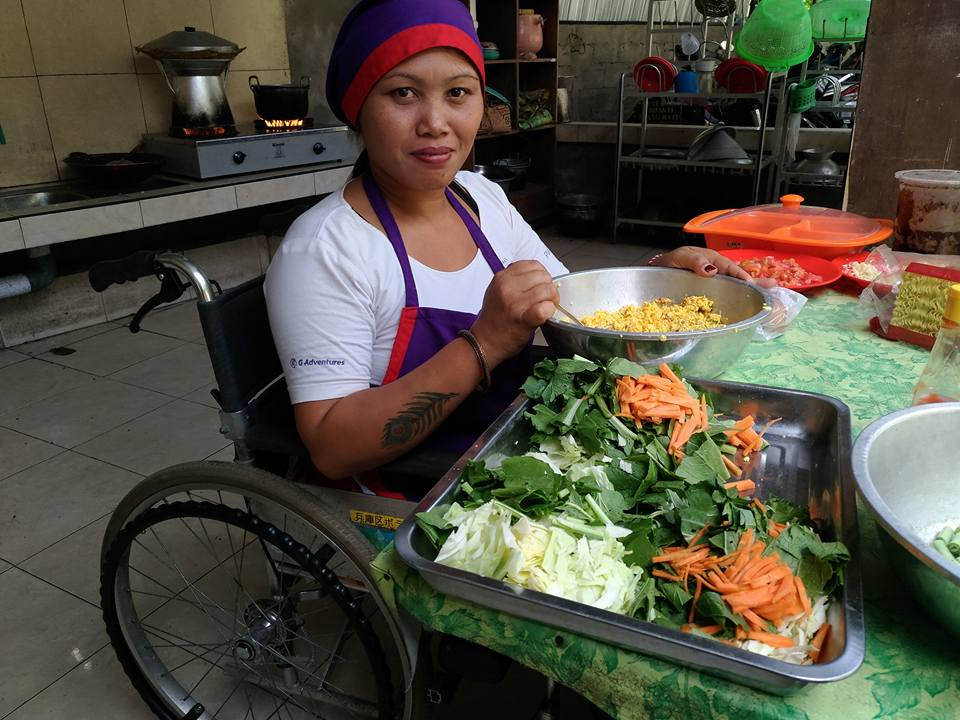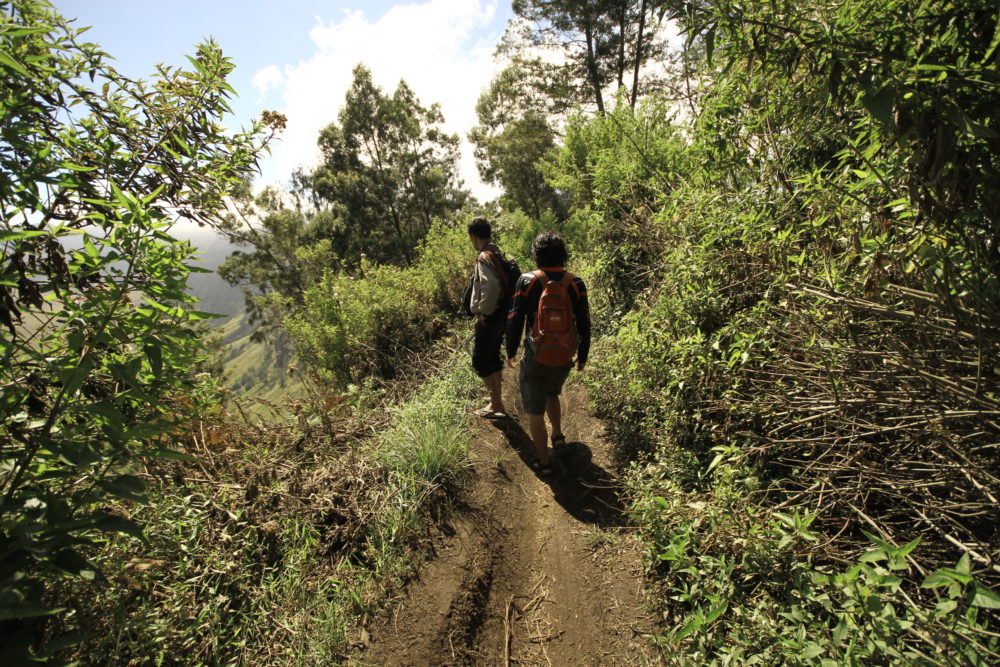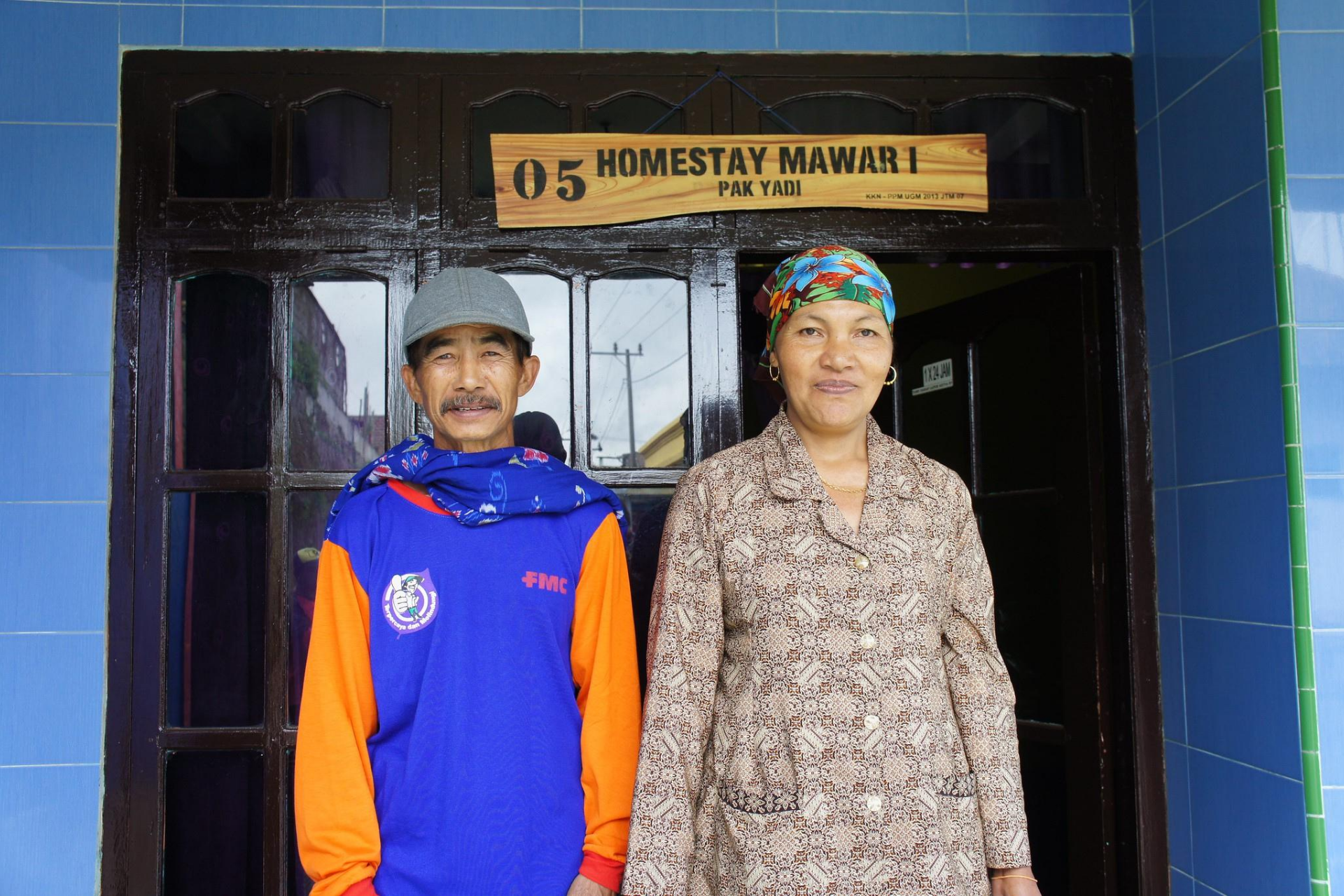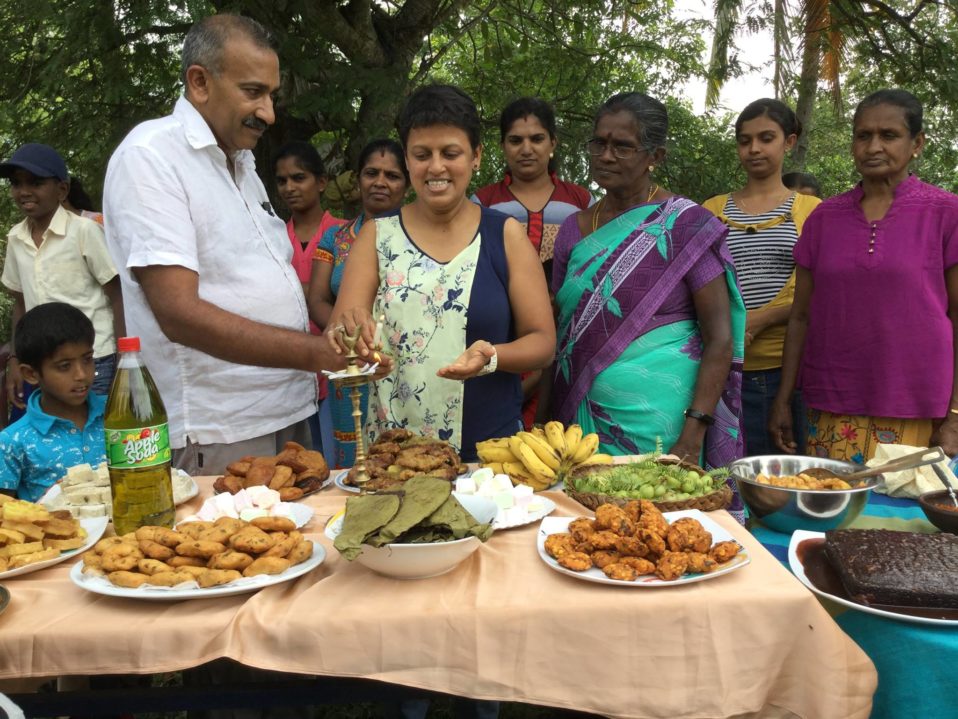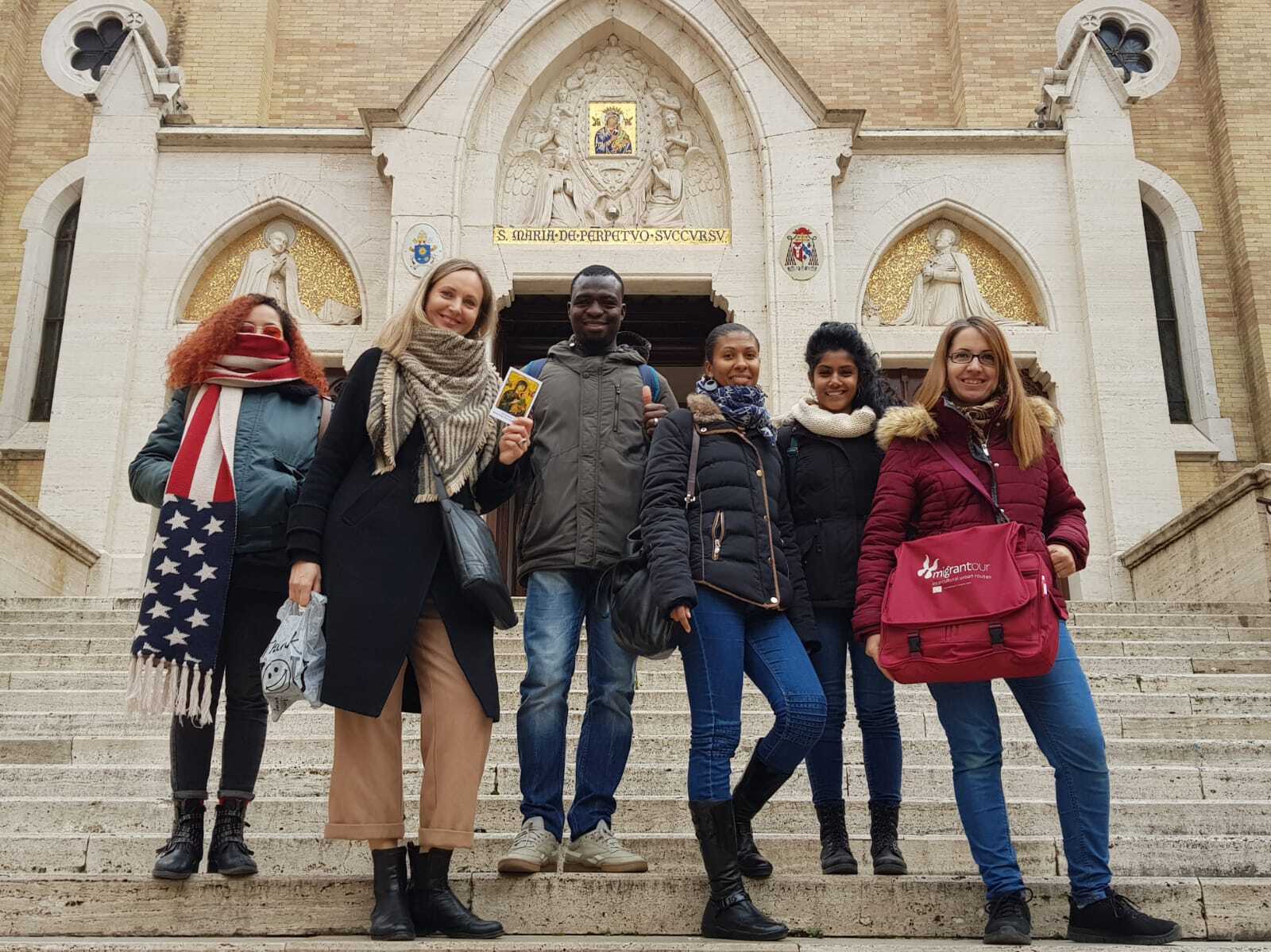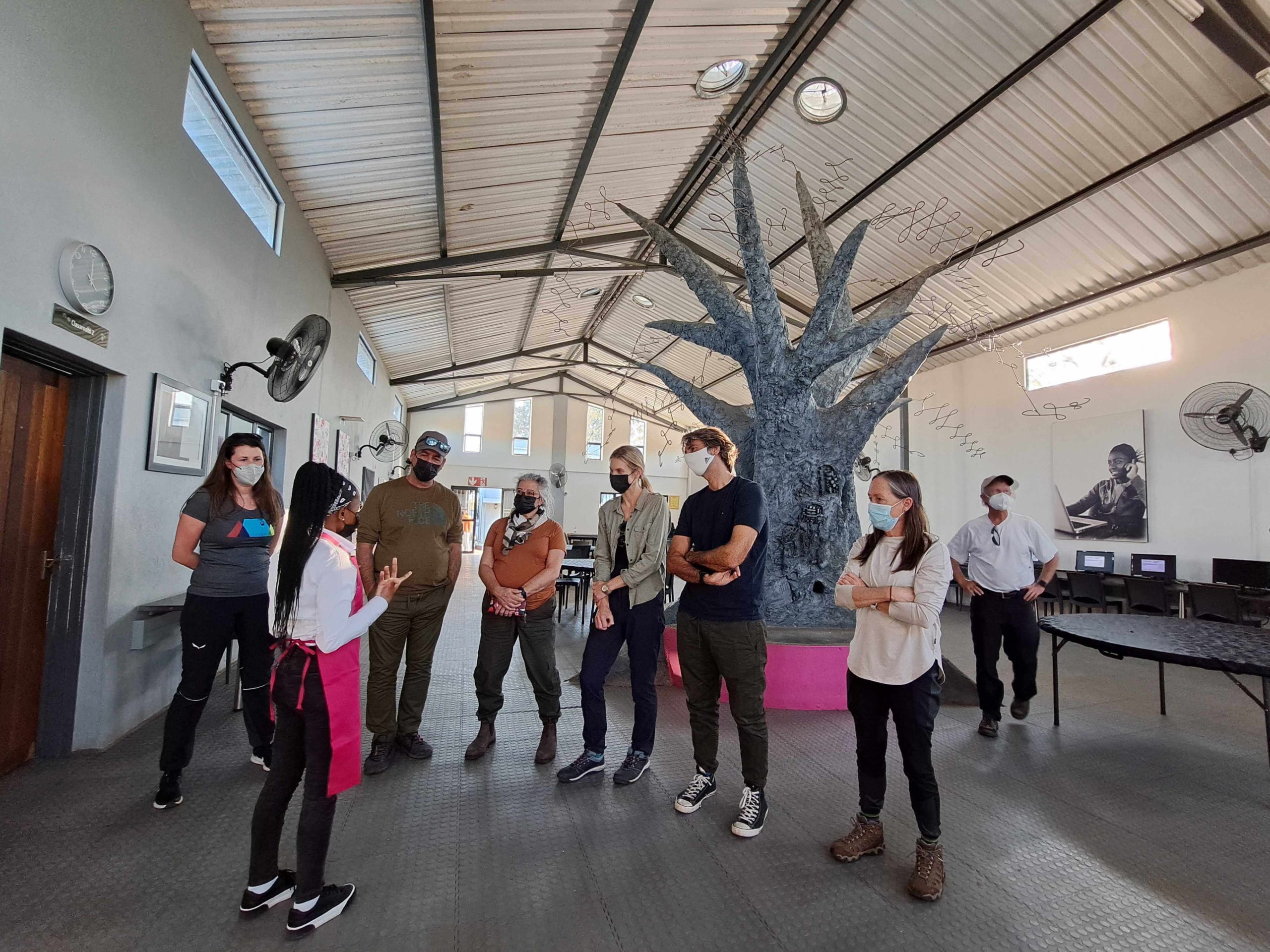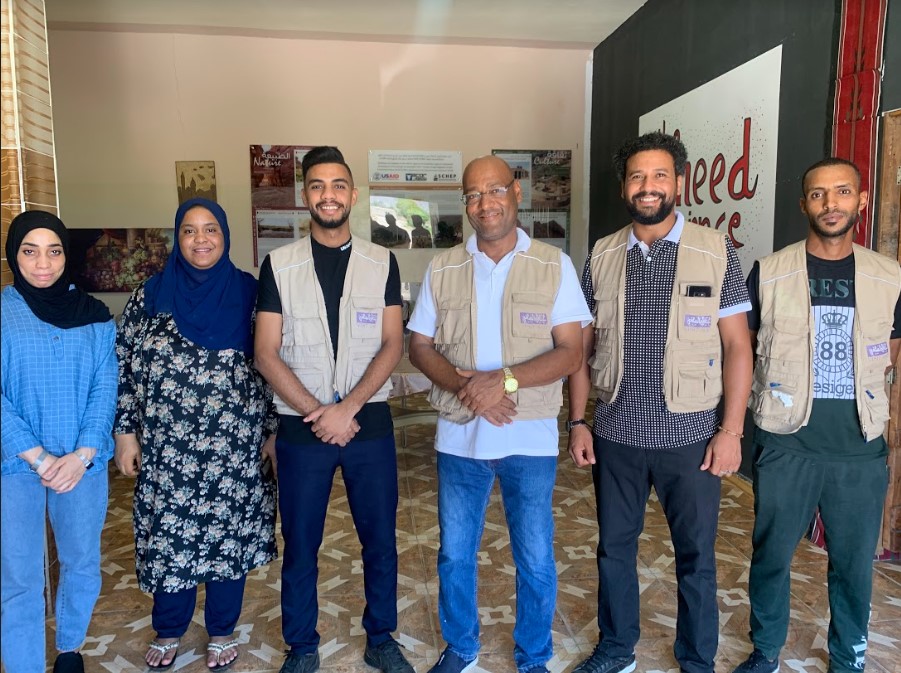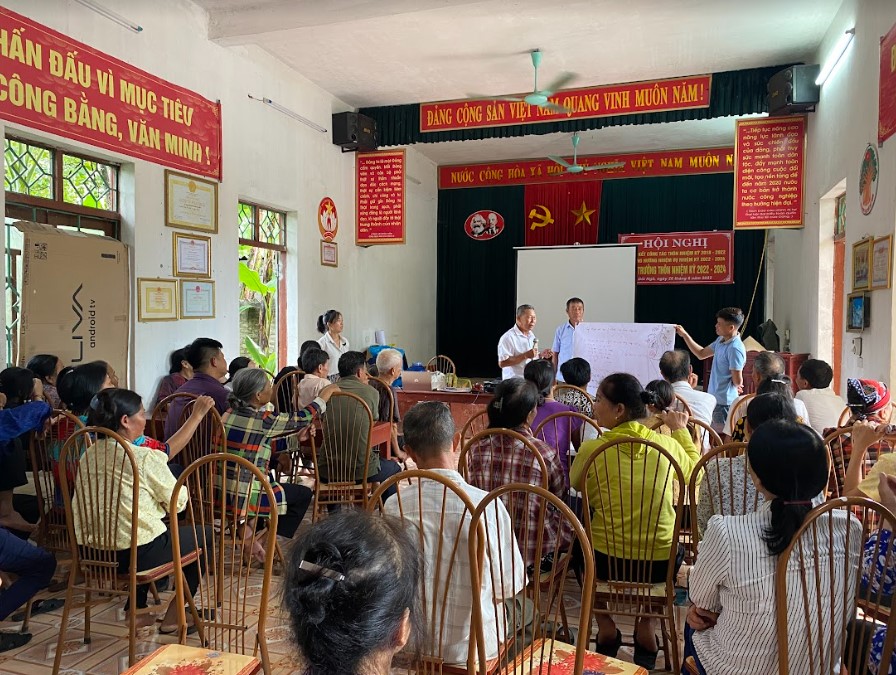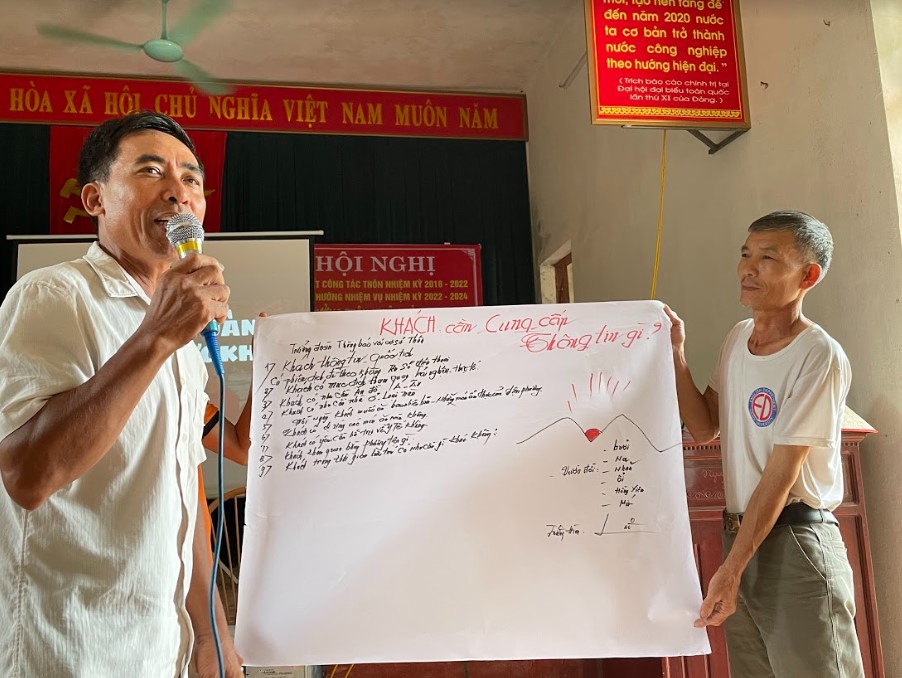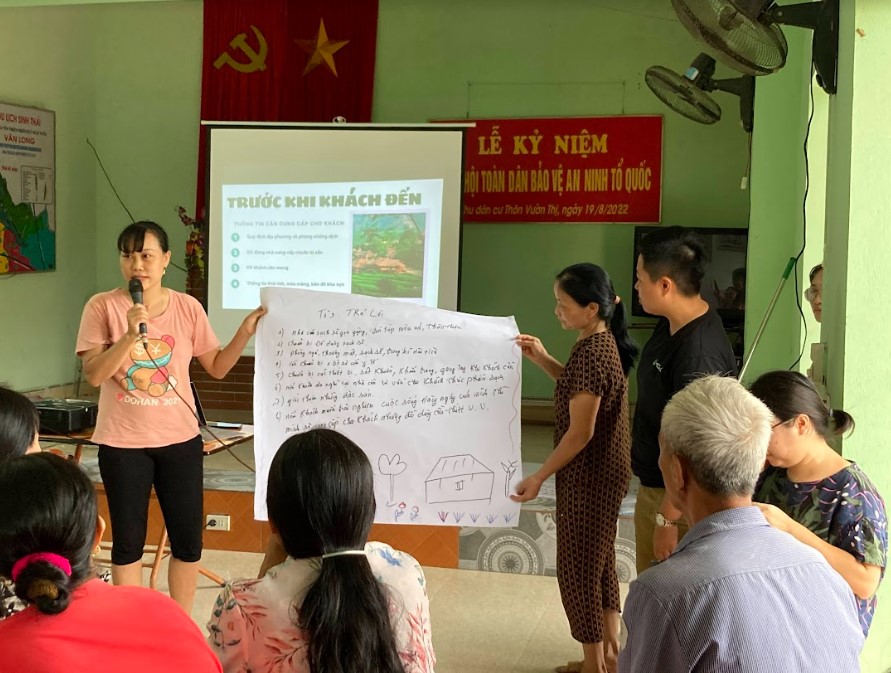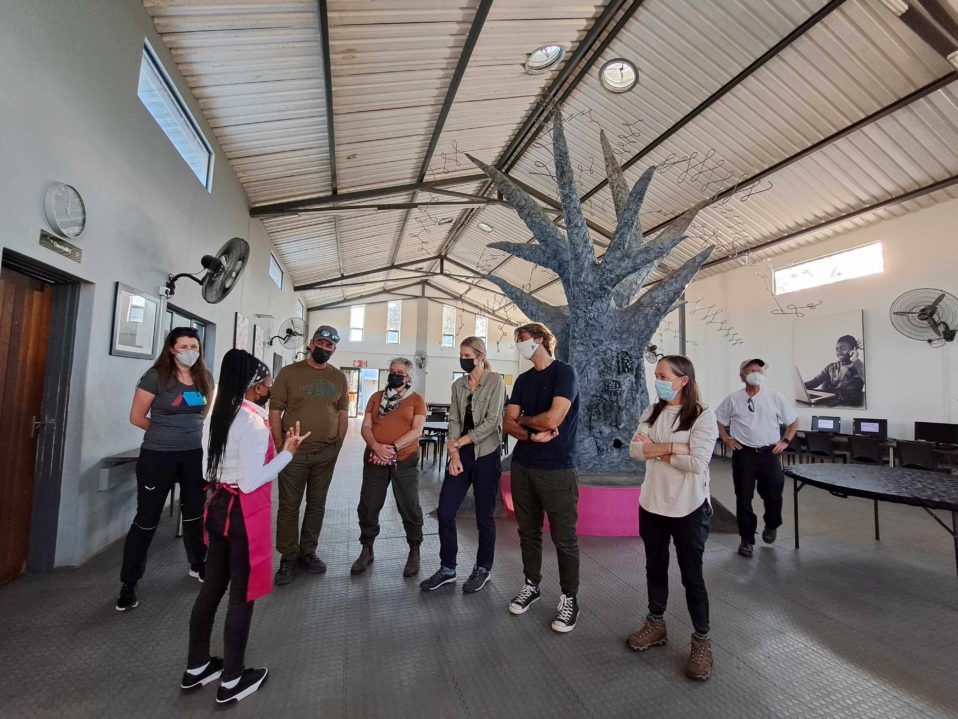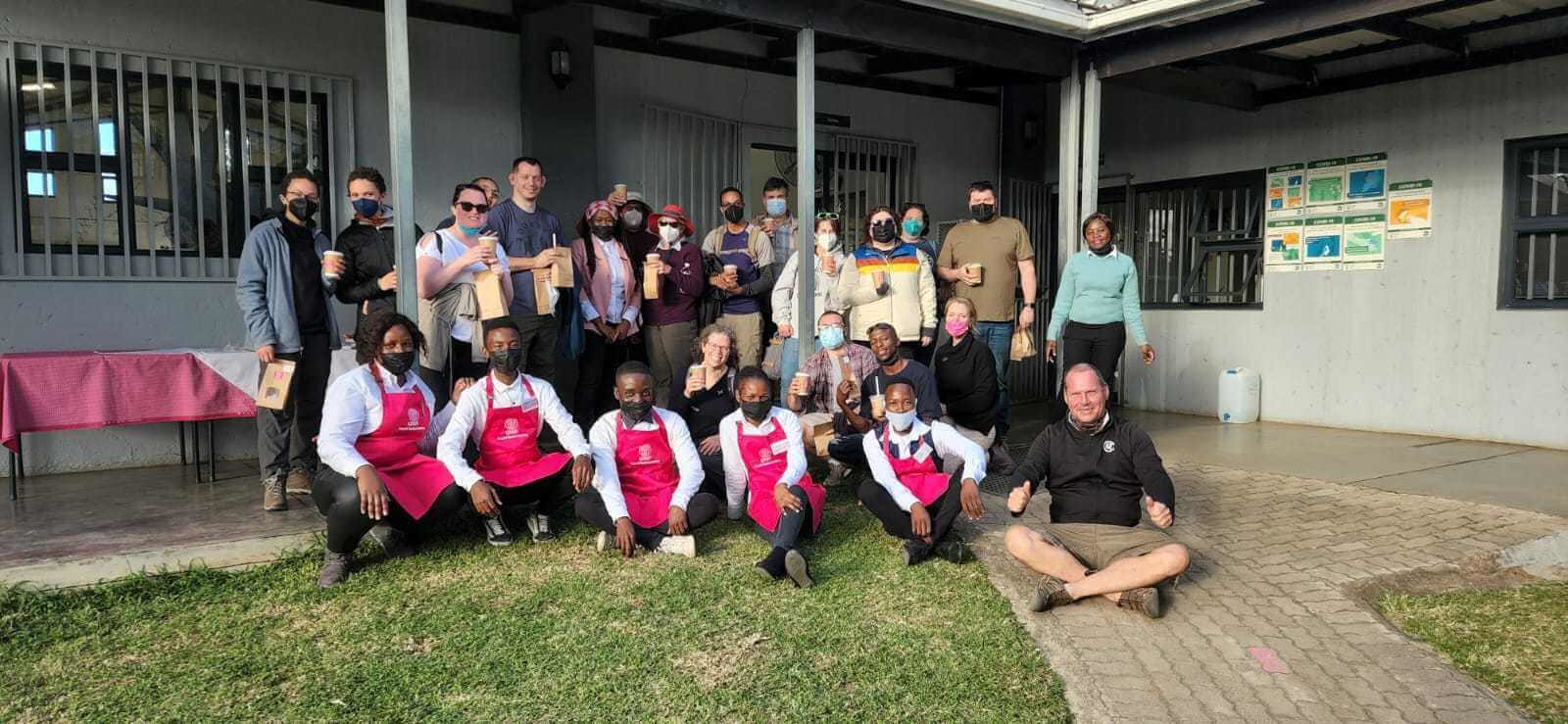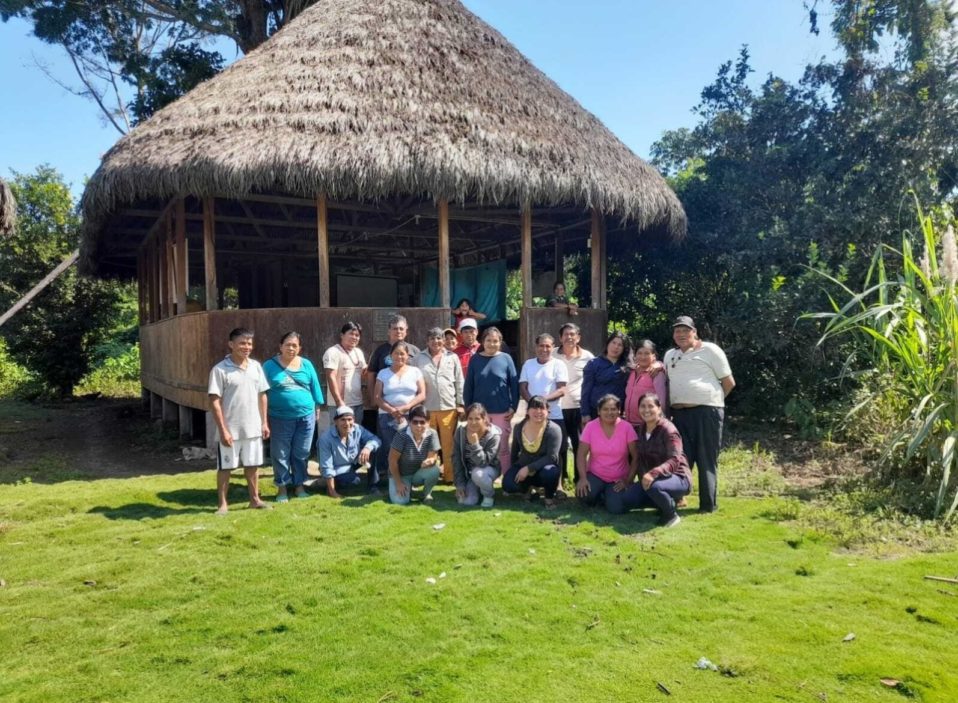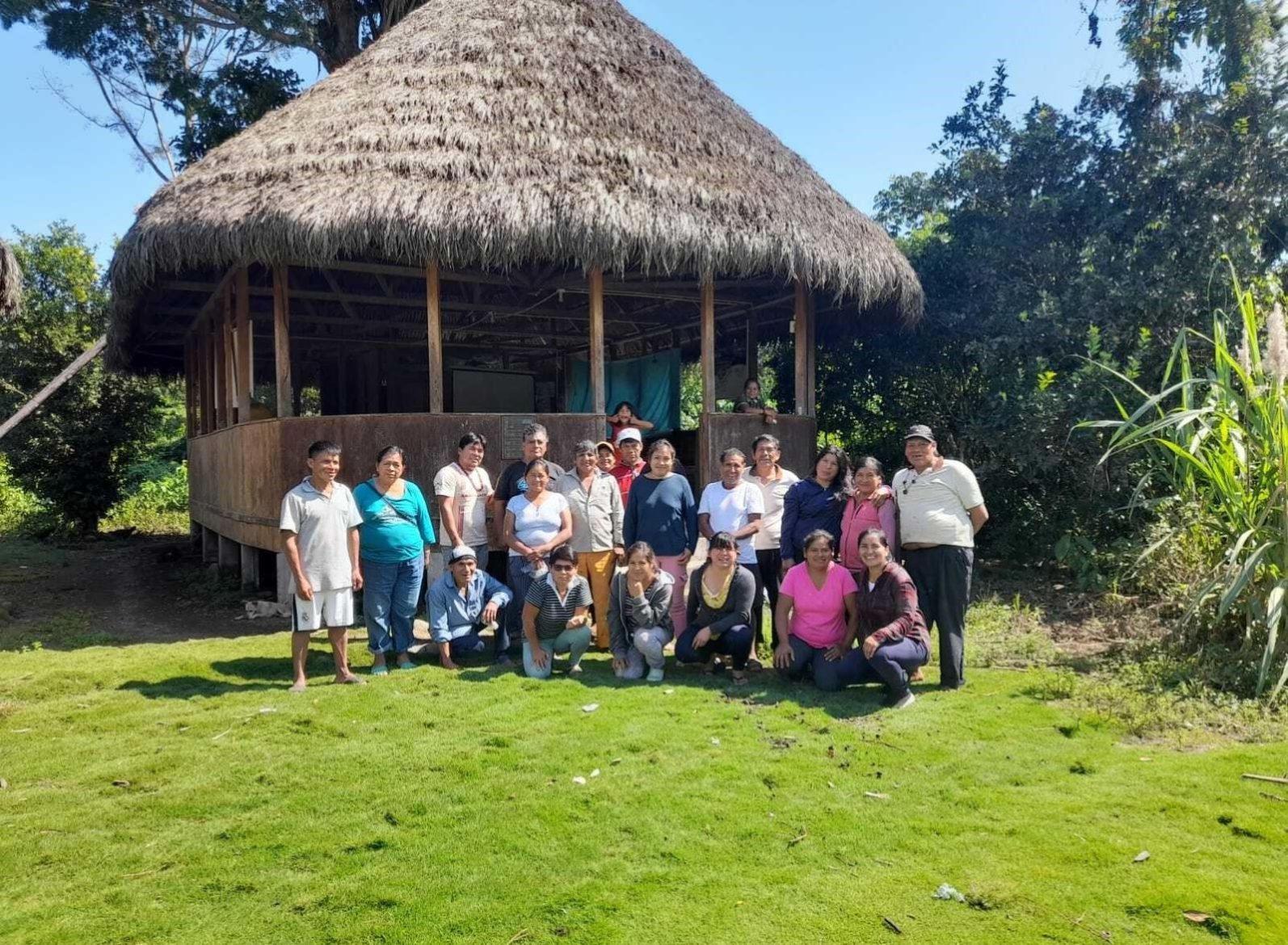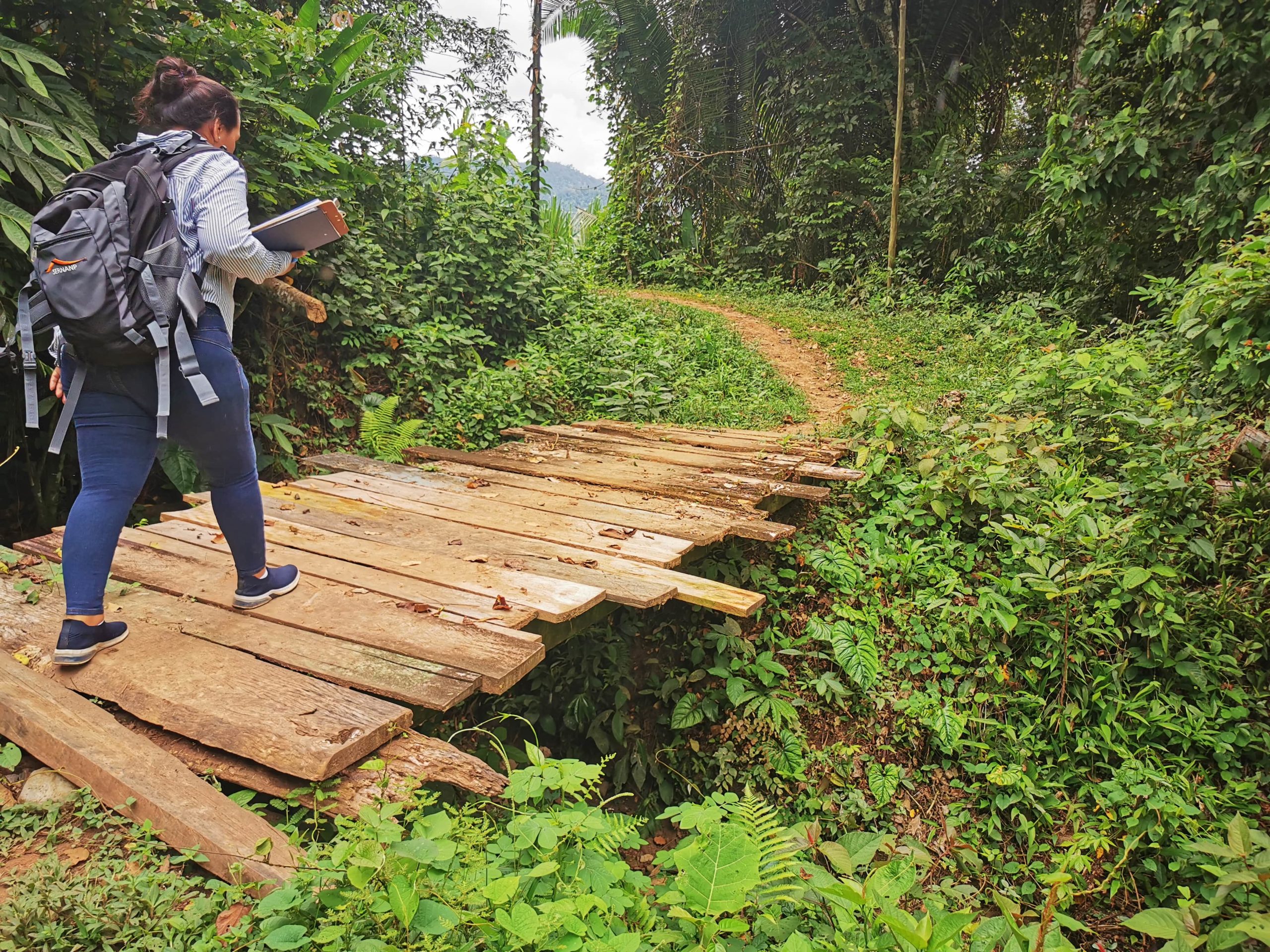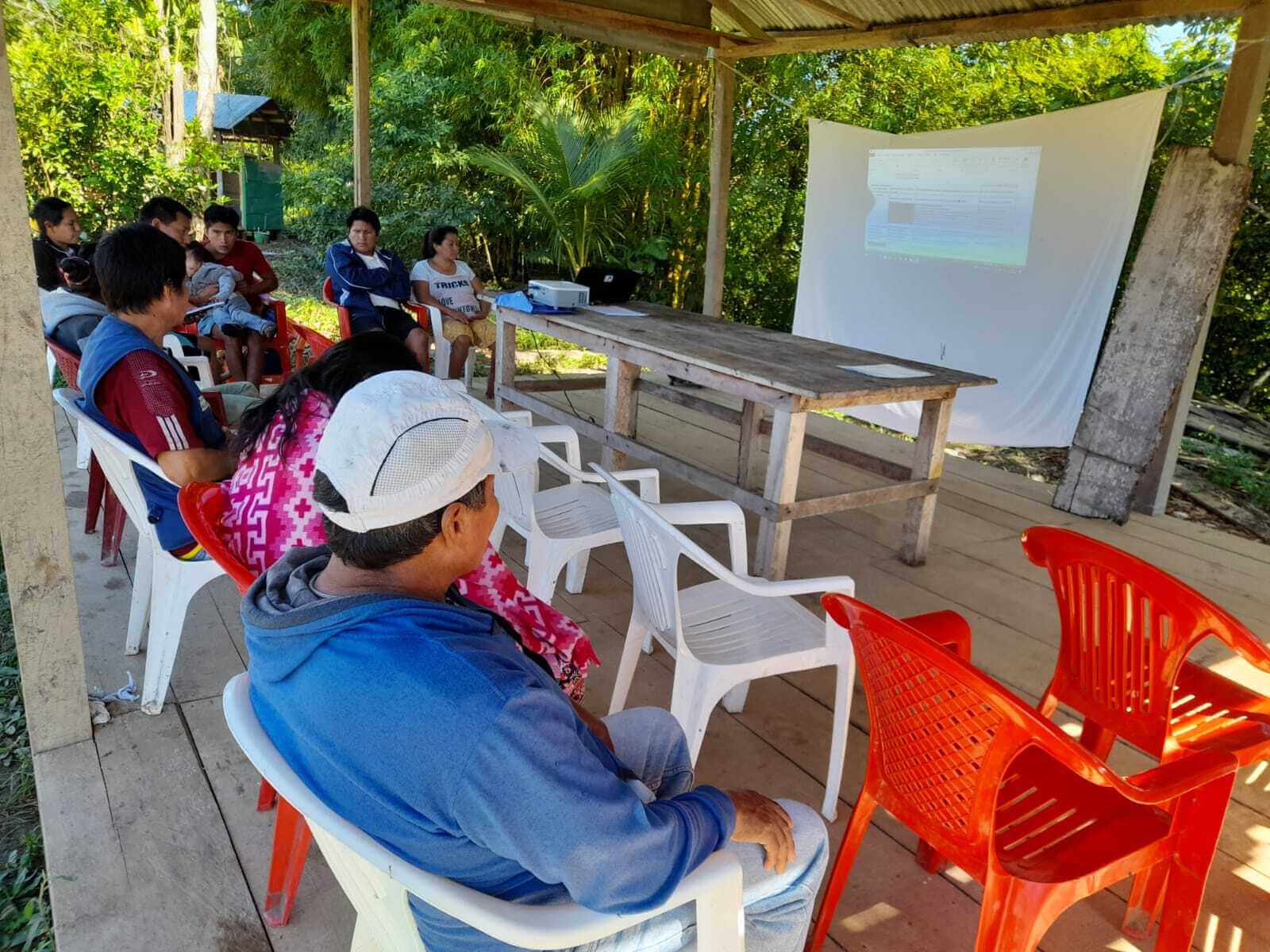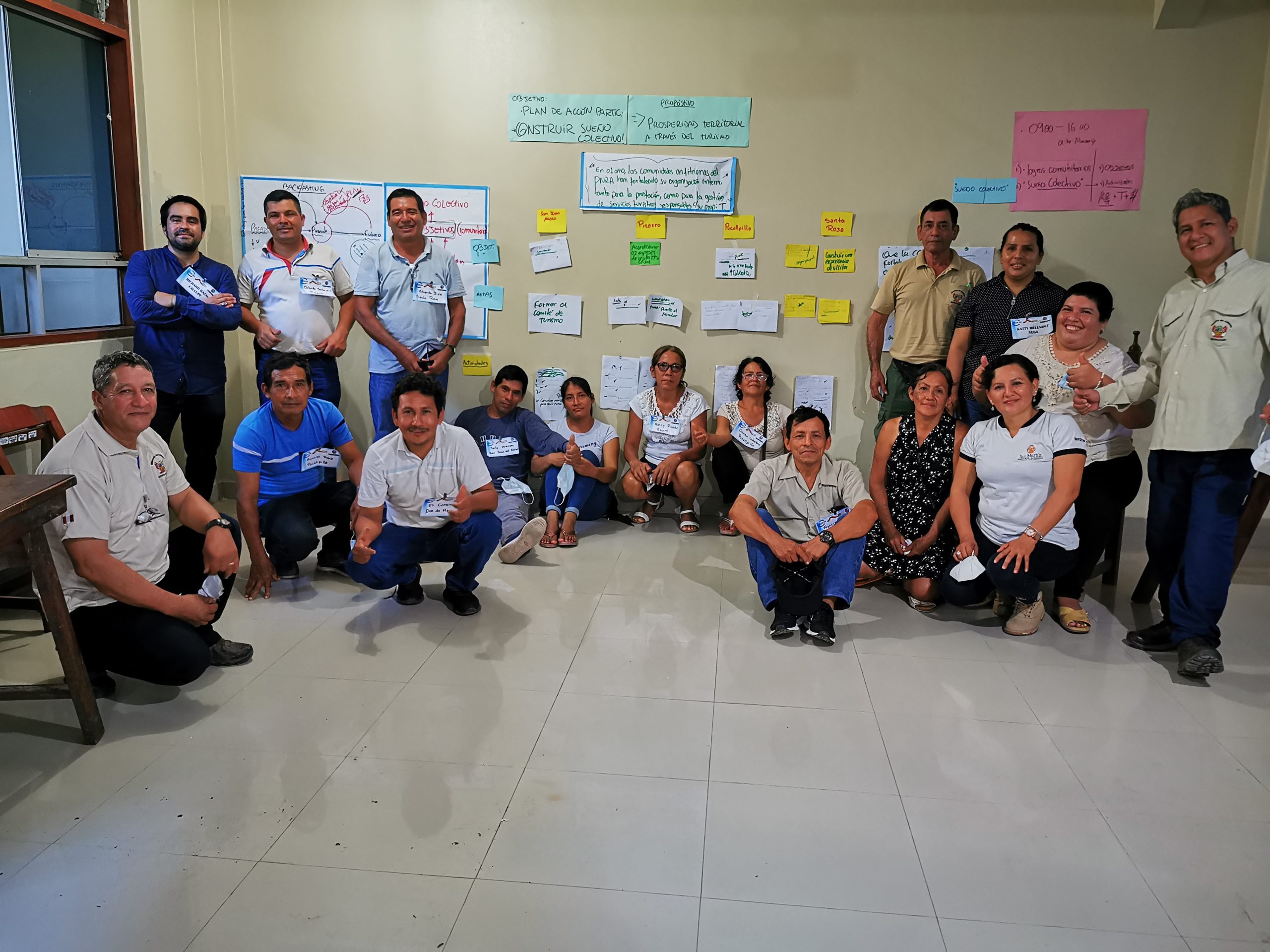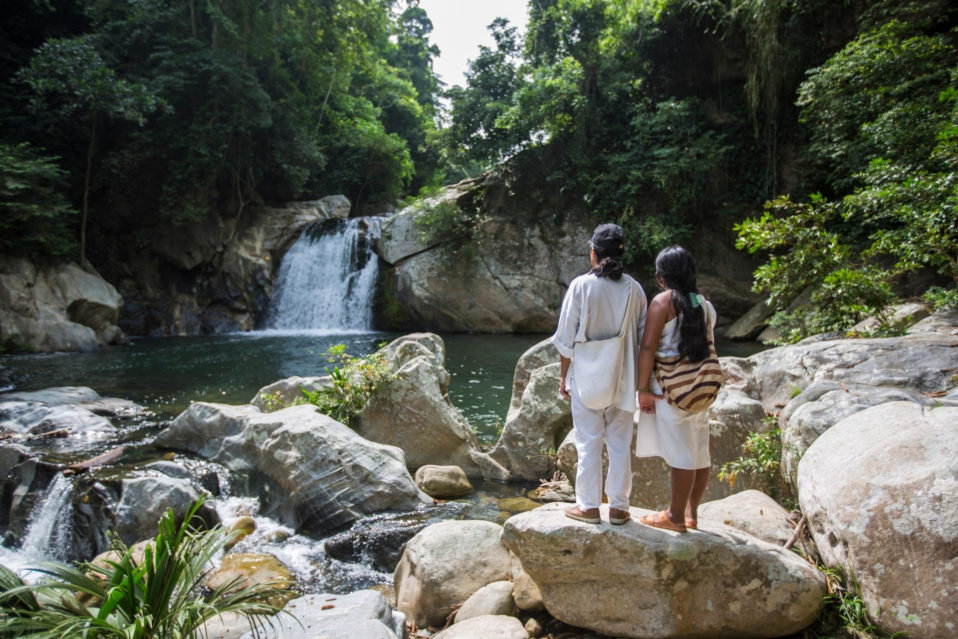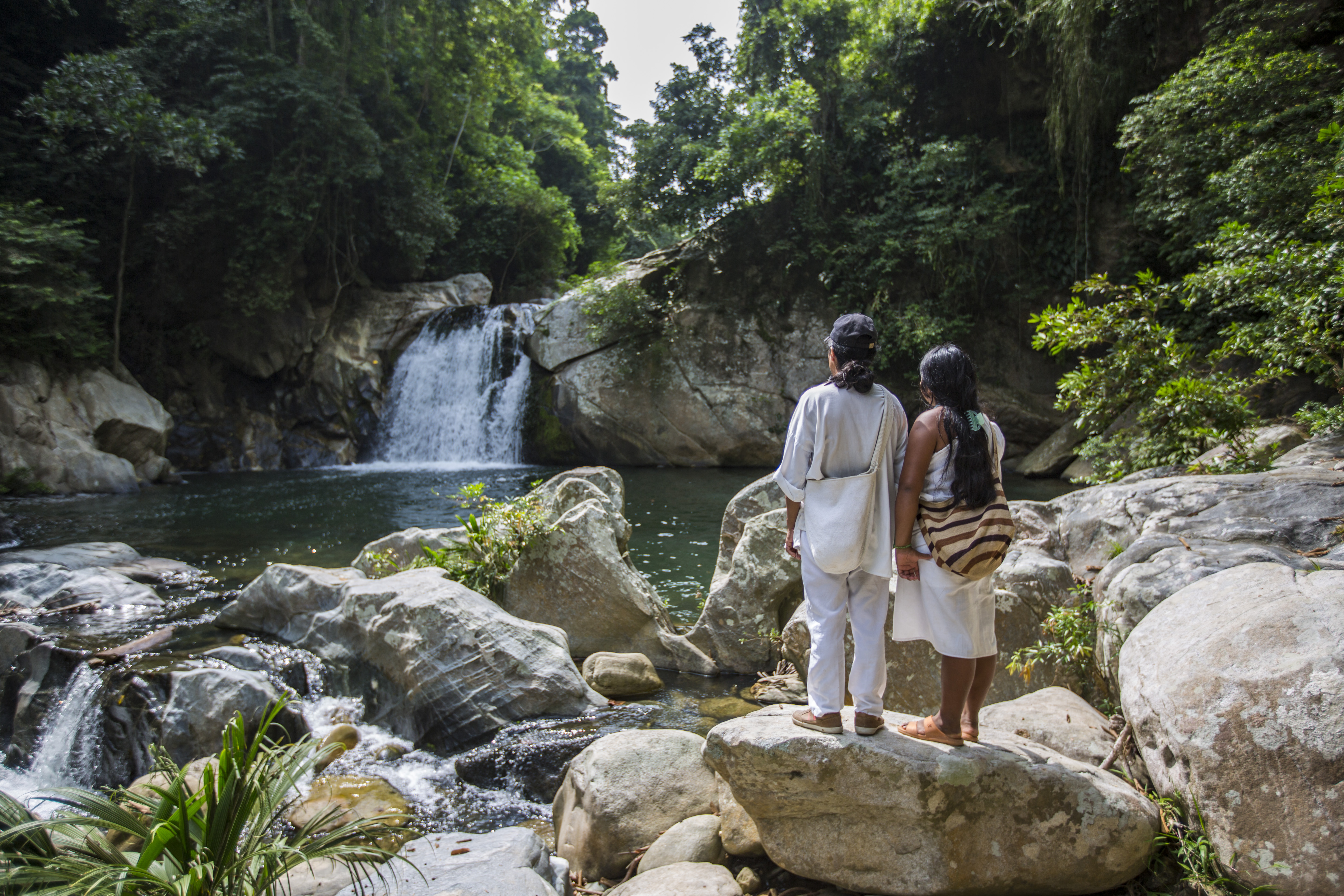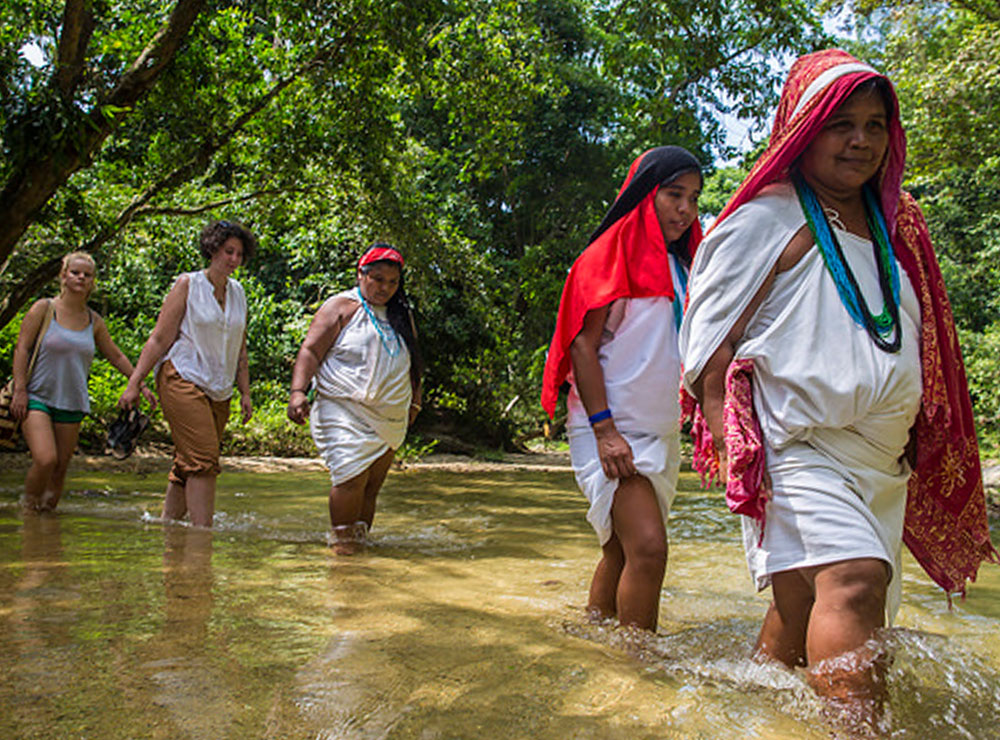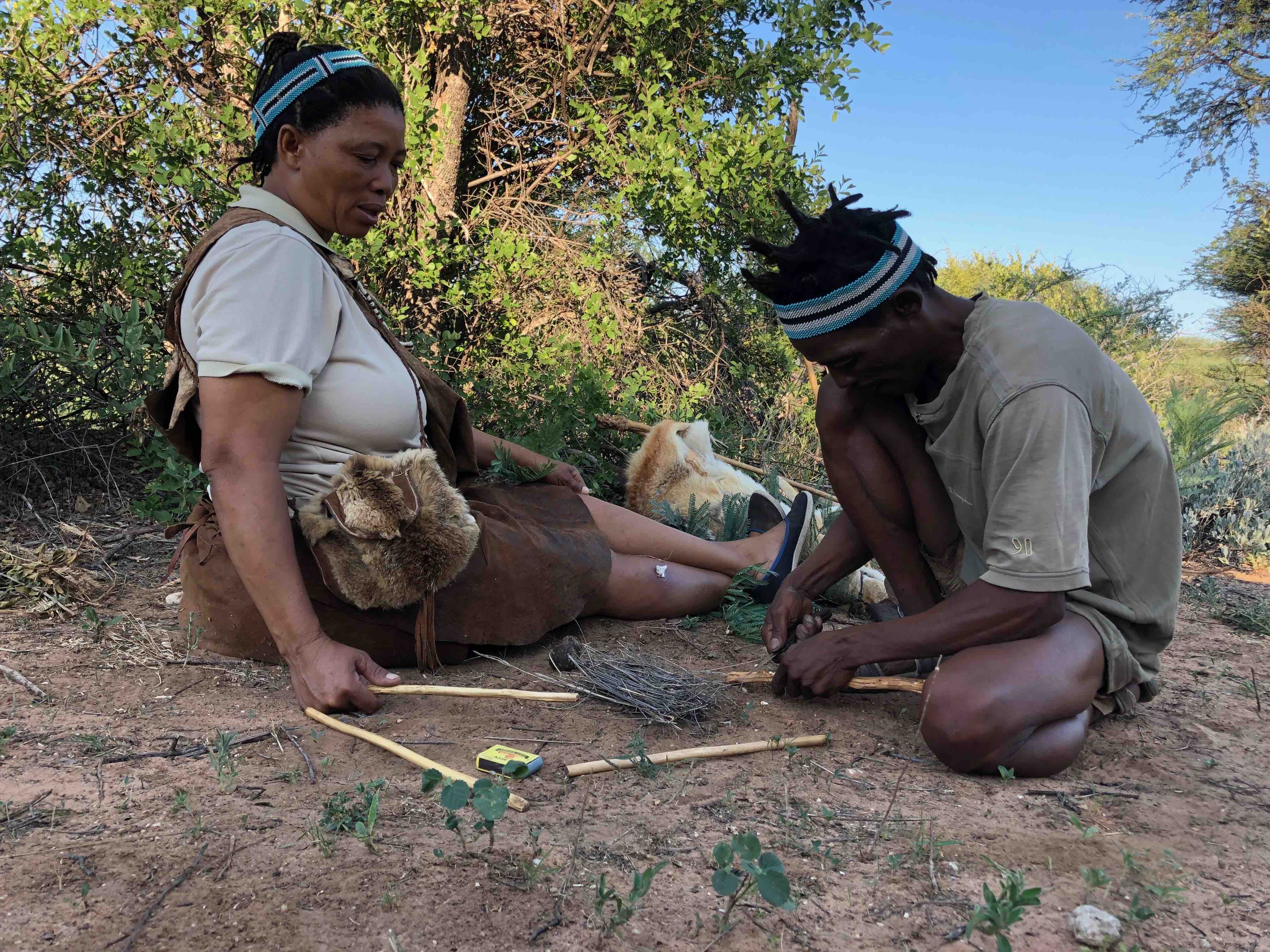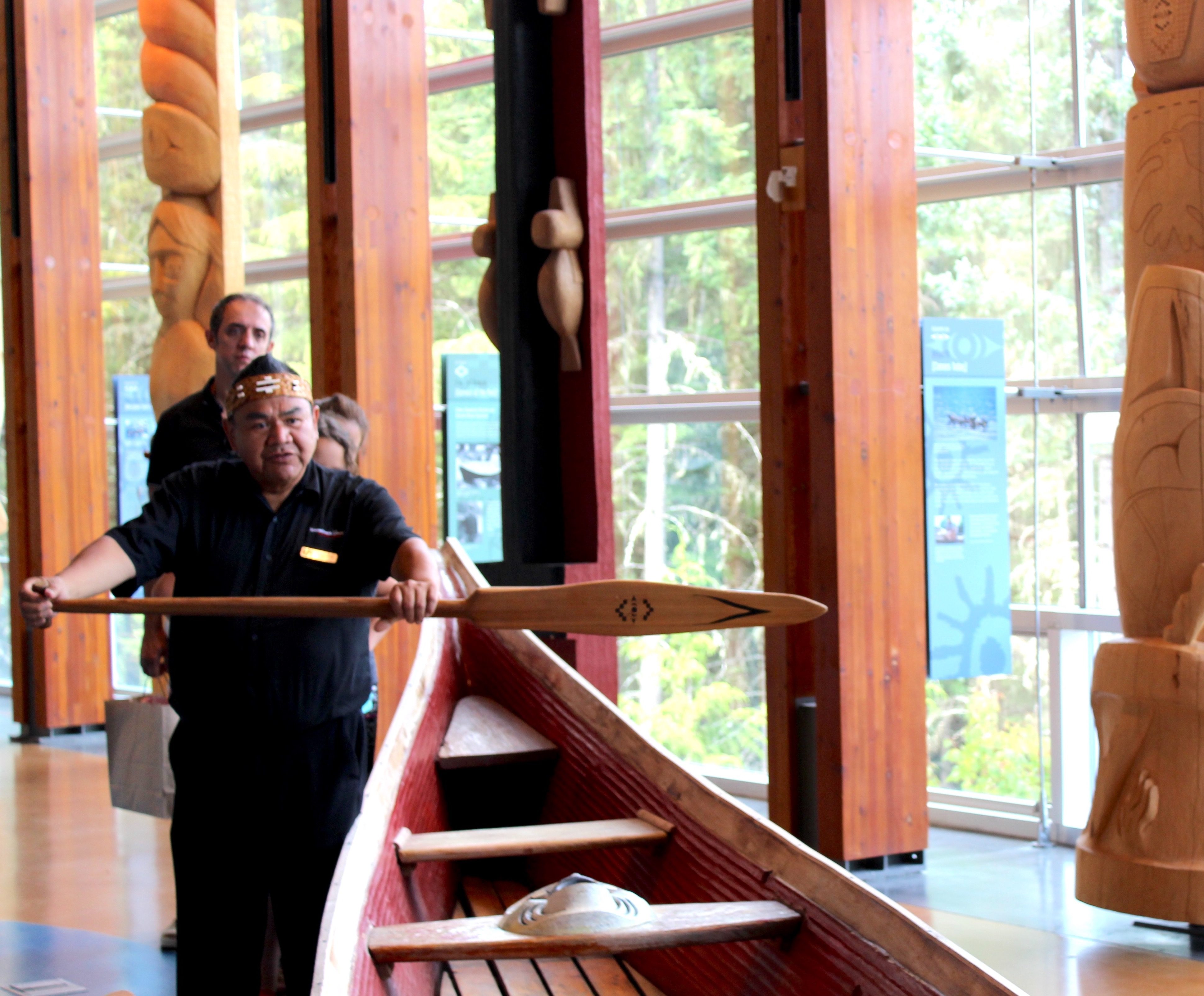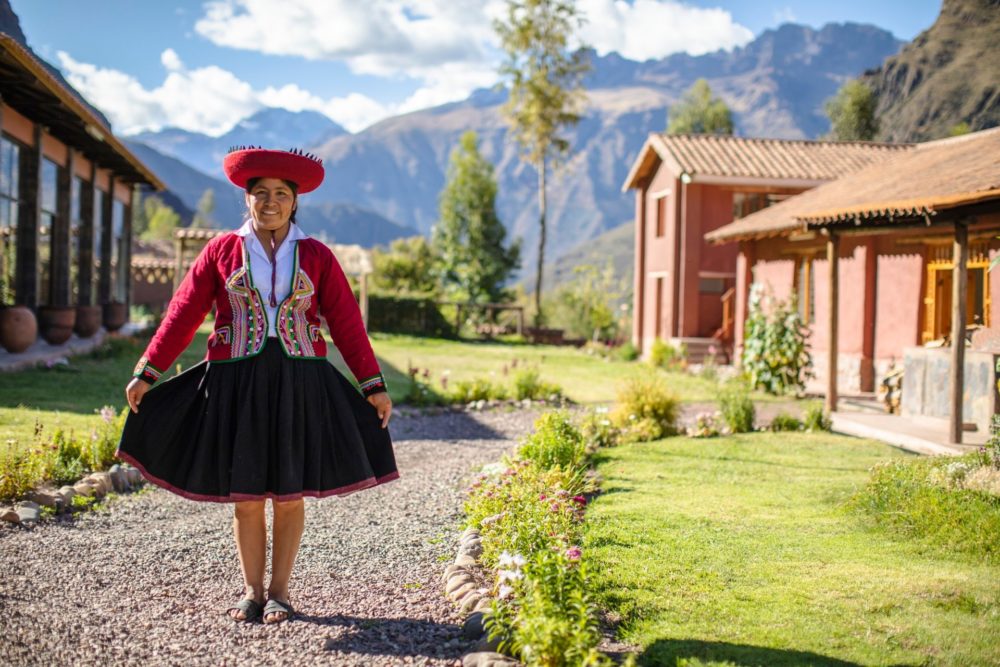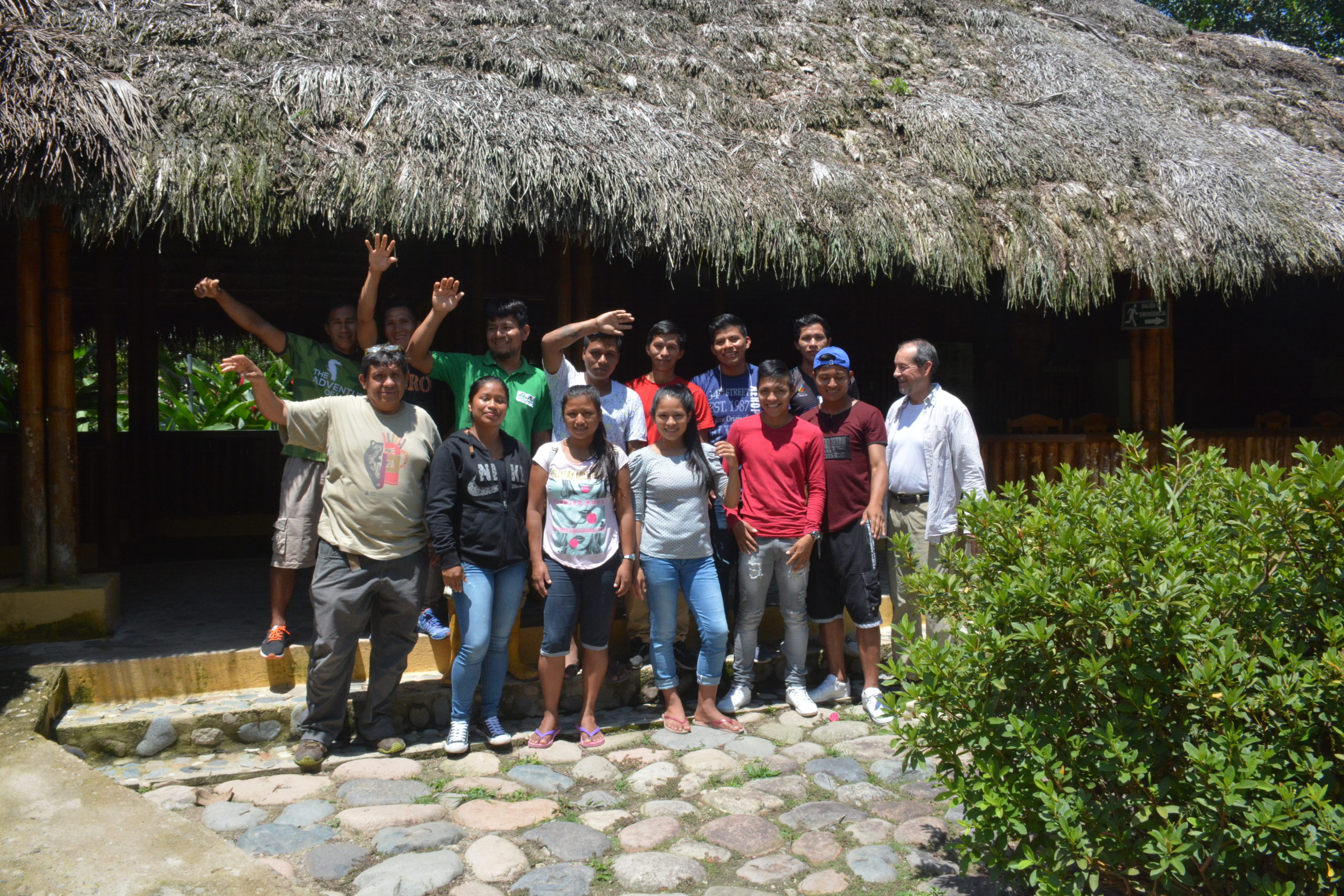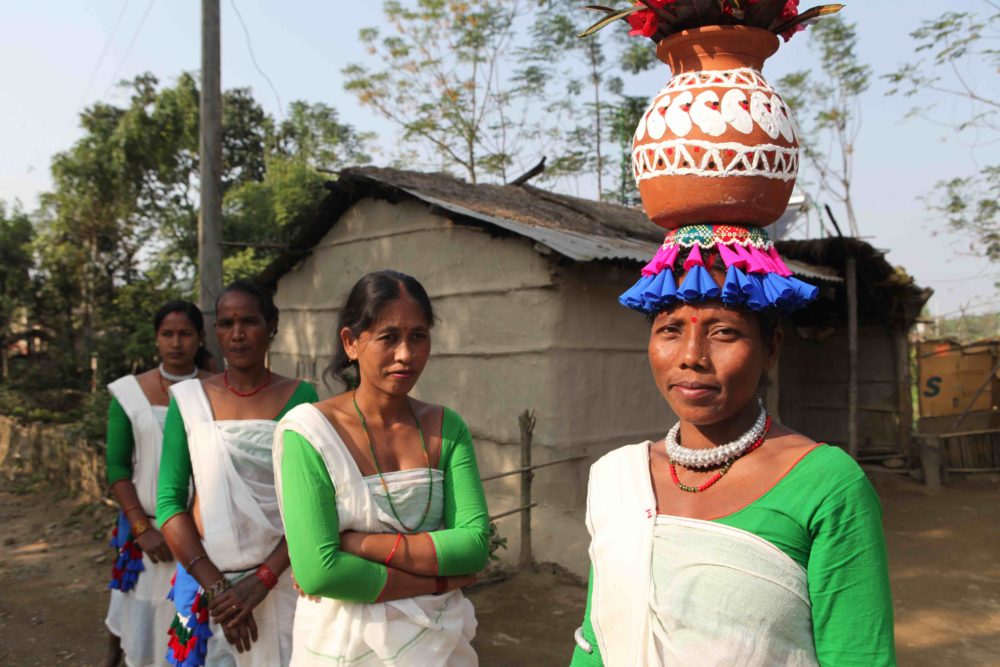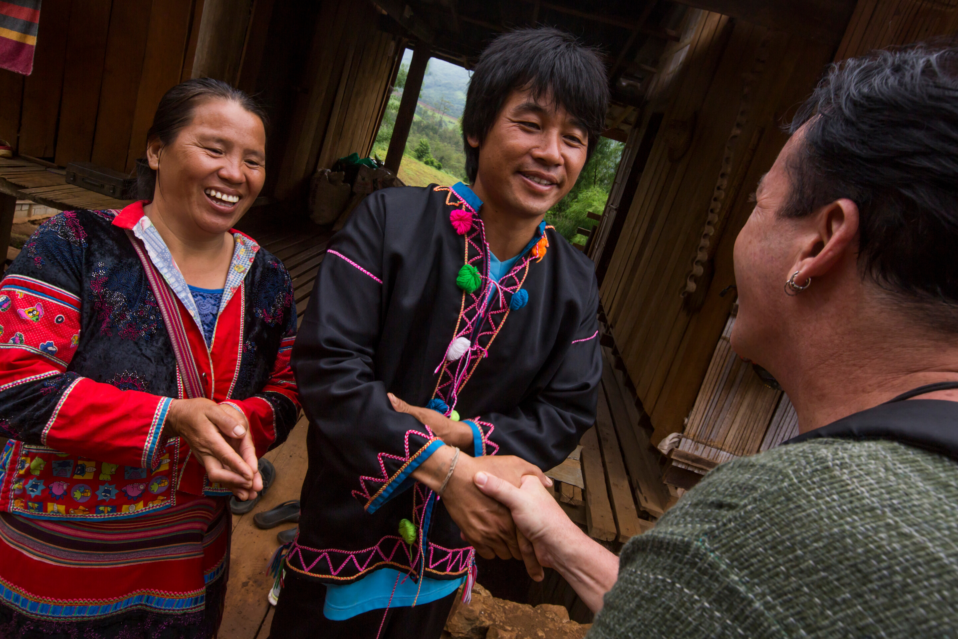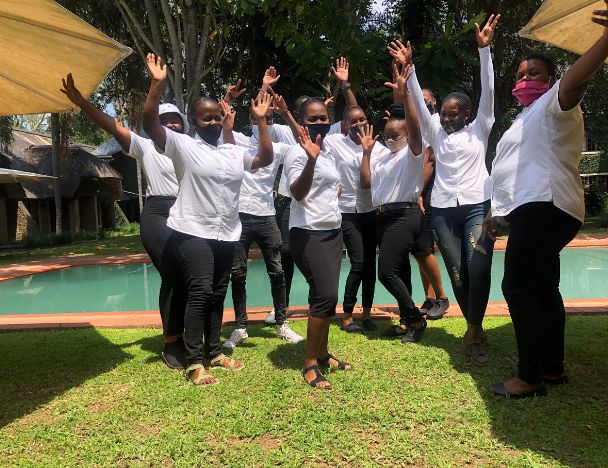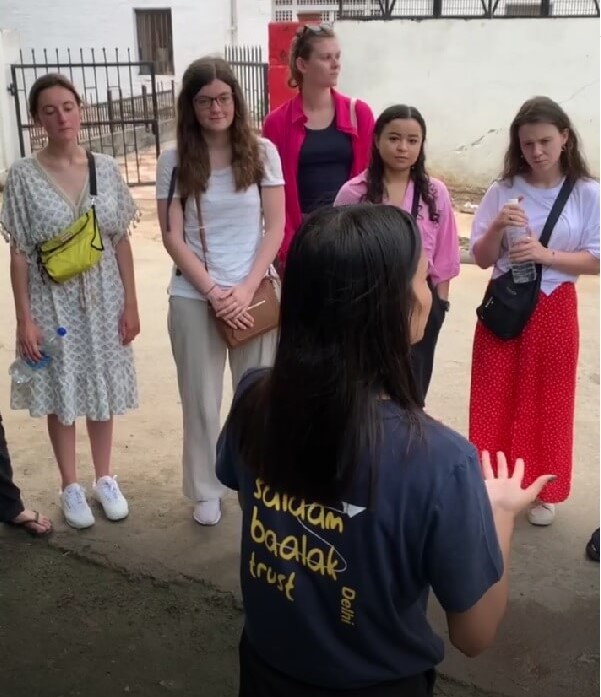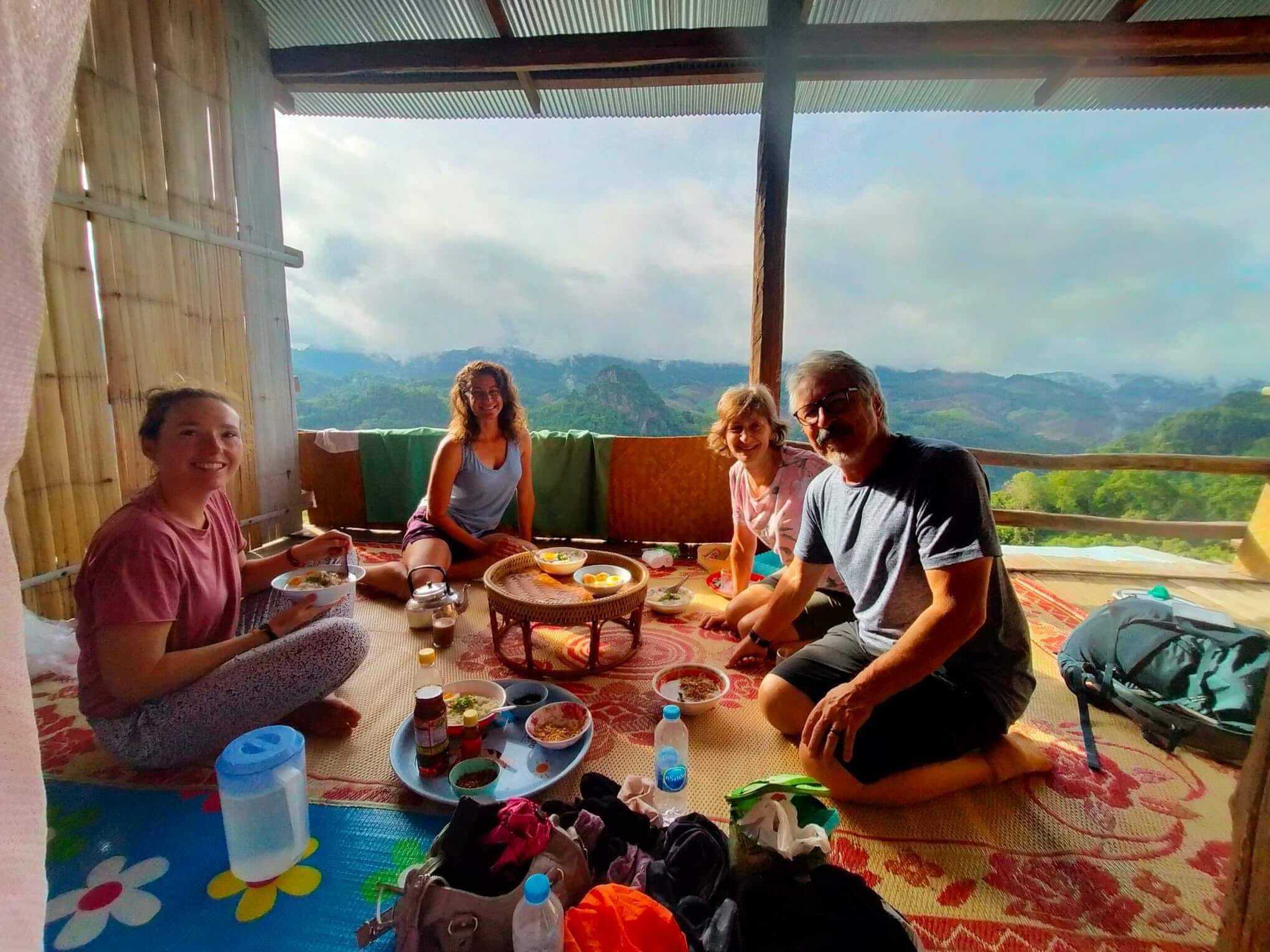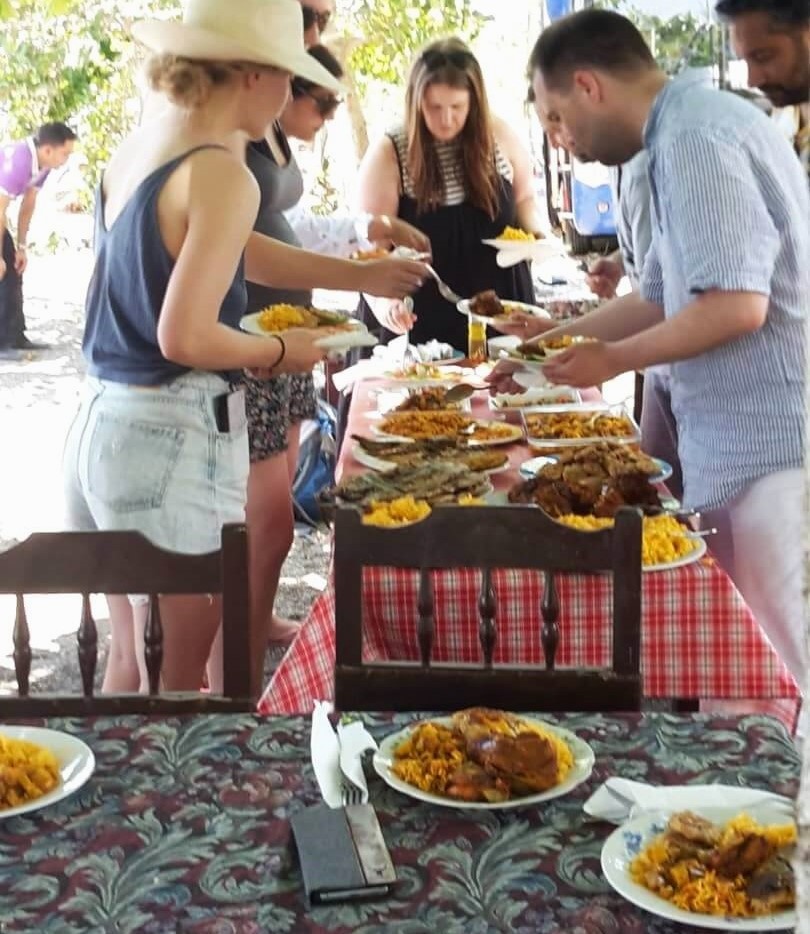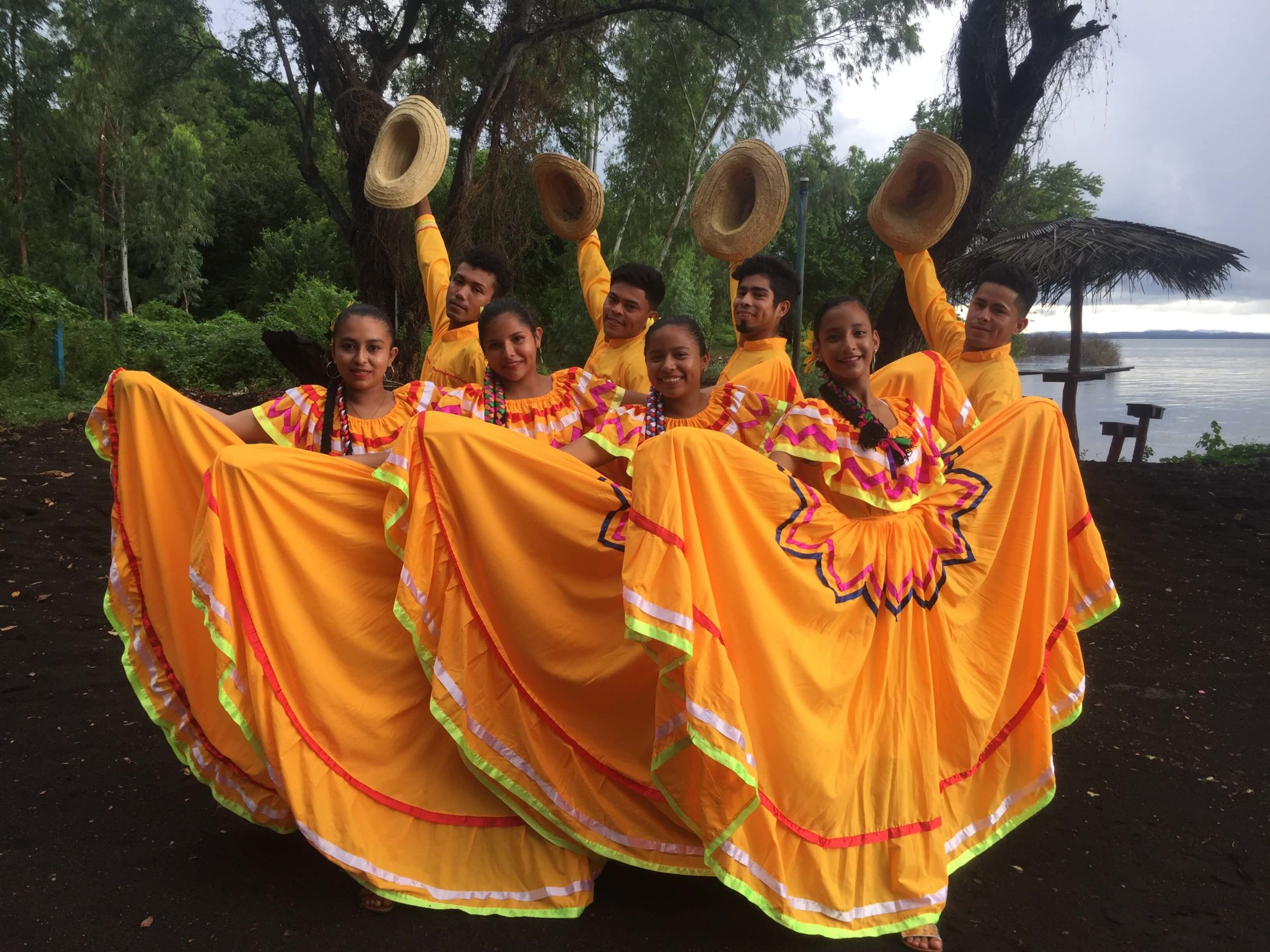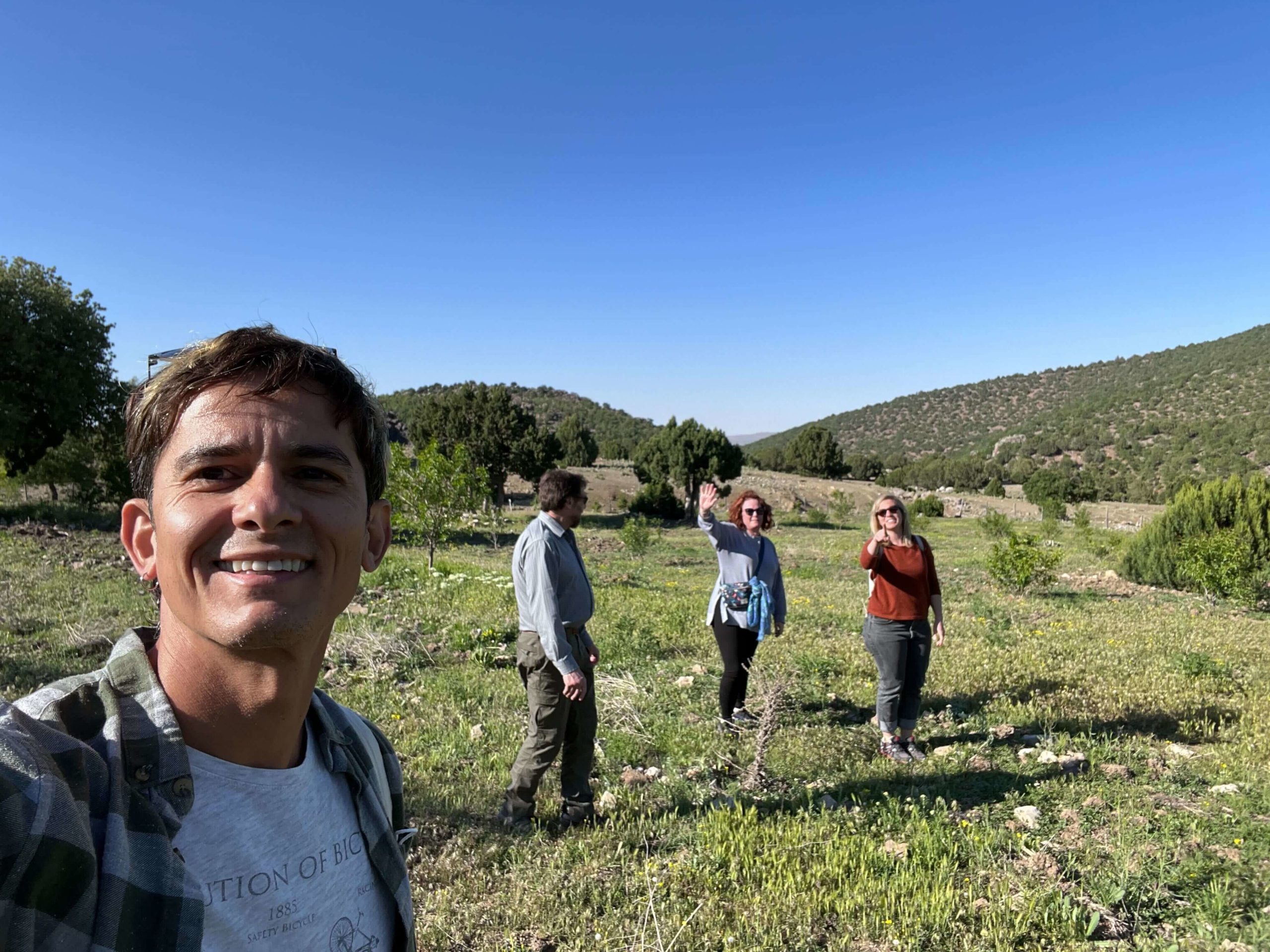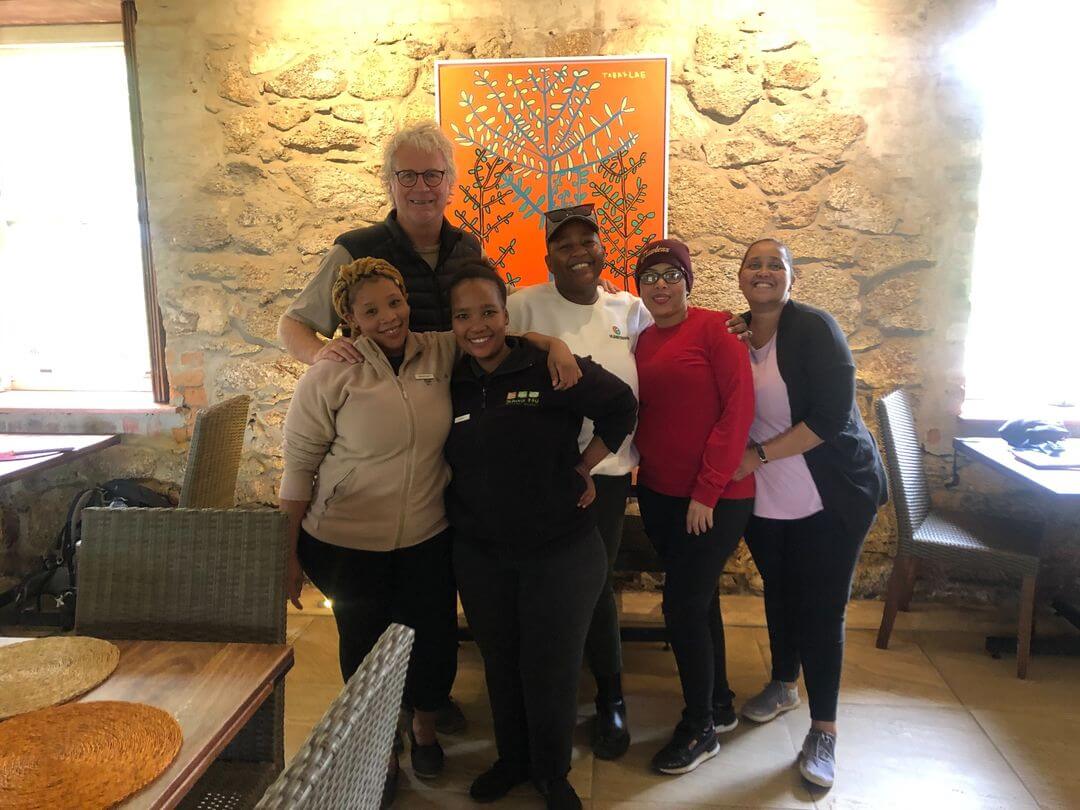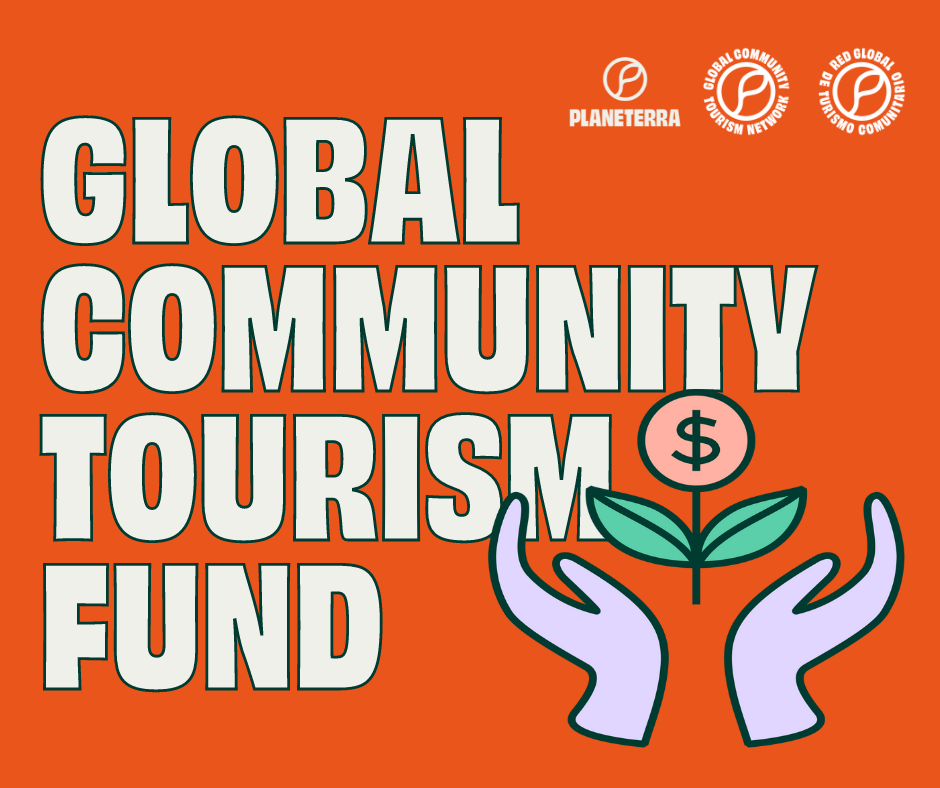Cash-for-work interventions are creating opportunities for local communities to strengthen their economies and to empower their sense of ownership.
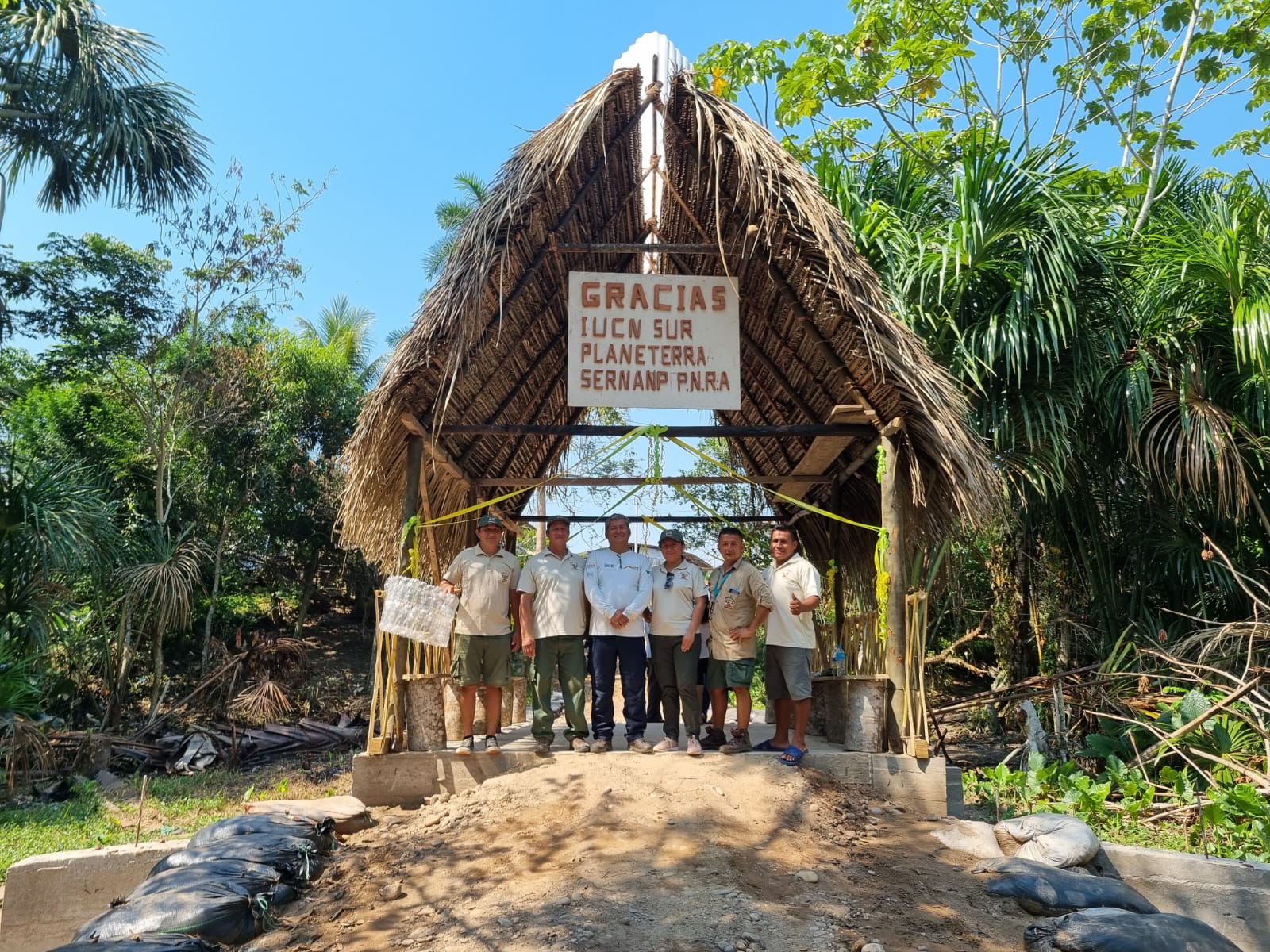
One of the main problems that arise when developing community tourism experiences, is the lack of infrastructure to accommodate visitors and offer them the services they need for a comfortable stay. Building the facilities is the obvious solution to this issue, but what if we also took advantage of the chance to give the residents an additional source of income? That is where the Cash-for-Work (CFW) mechanism comes into play.
CFW interventions aim to create opportunities for local communities to strengthen their economies and empower their sense of ownership. For that reason, CFW is one of the main initiatives included in the Sustainable Tourism and Protected Areas in a Post-COVID World project for the communities in Peru.
Community members have previously identified in their Action Plans construction works that needed to be given priority. These interventions are fully funded through the CFW mechanism. During the past few weeks, ten communities in Amarakaeri Communal Reserve and Río Abiseo National Park have been working to build the needed infrastructure and facilities.
These are some of the results of their work:
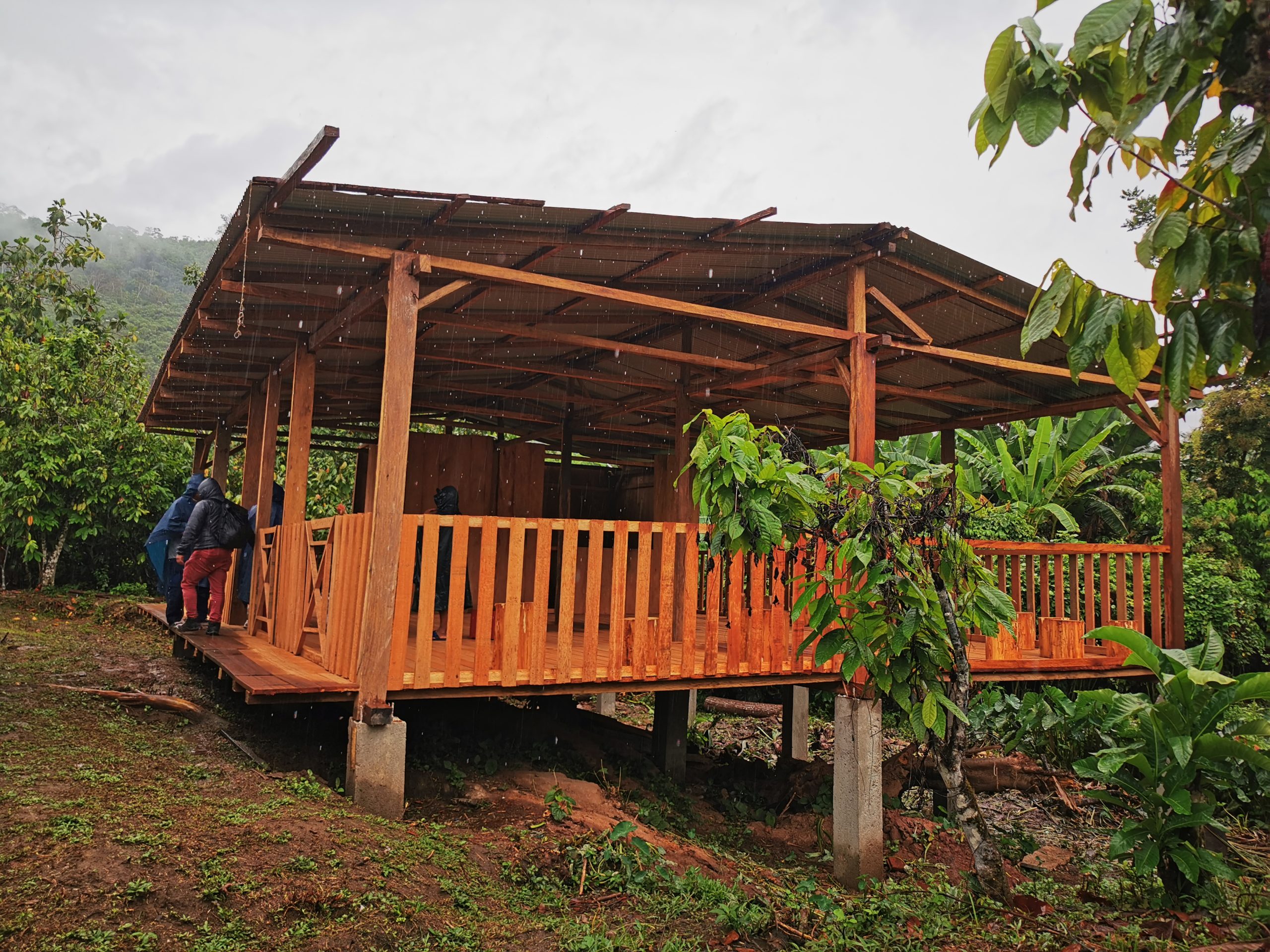
San Juan del Abiseo Community (Río Abiseo National Park)
In San Juan del Abiseo, residents worked to build a house for tourists and a “Welcome to the community” sign. This project directly benefits 17 community members (14 men and 3 women).
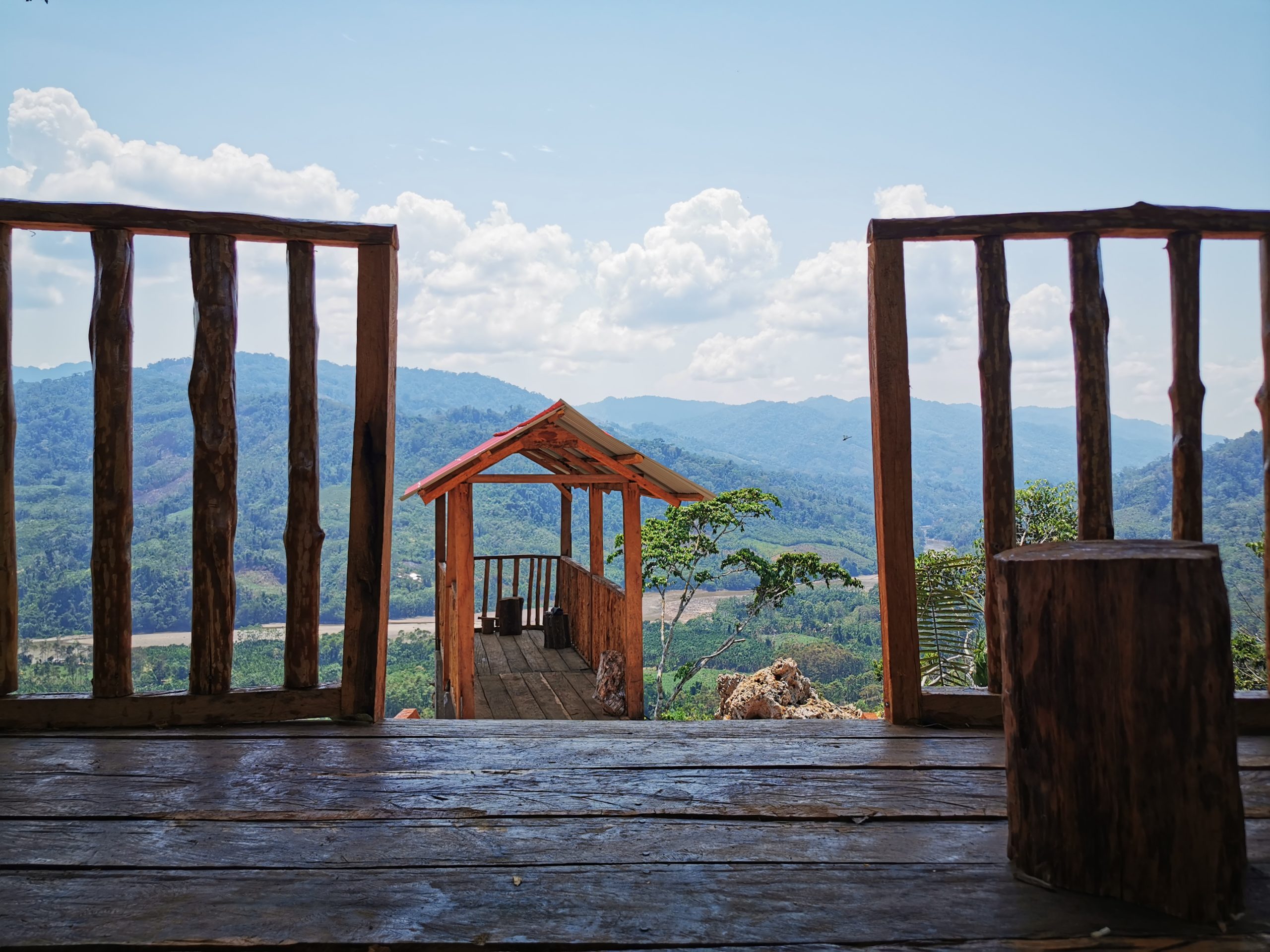
Pizarro Community (Río Abiseo National Park)
In Pizarro, residents worked to build a tourist viewpoint, improving the road to access it. They also reformed an exhibition space for meliponiculture (the breeding of melipon bees or stingless bees) and one booth for sanitary facilities. This project directly benefits 28 community members (24 men and 4 women).
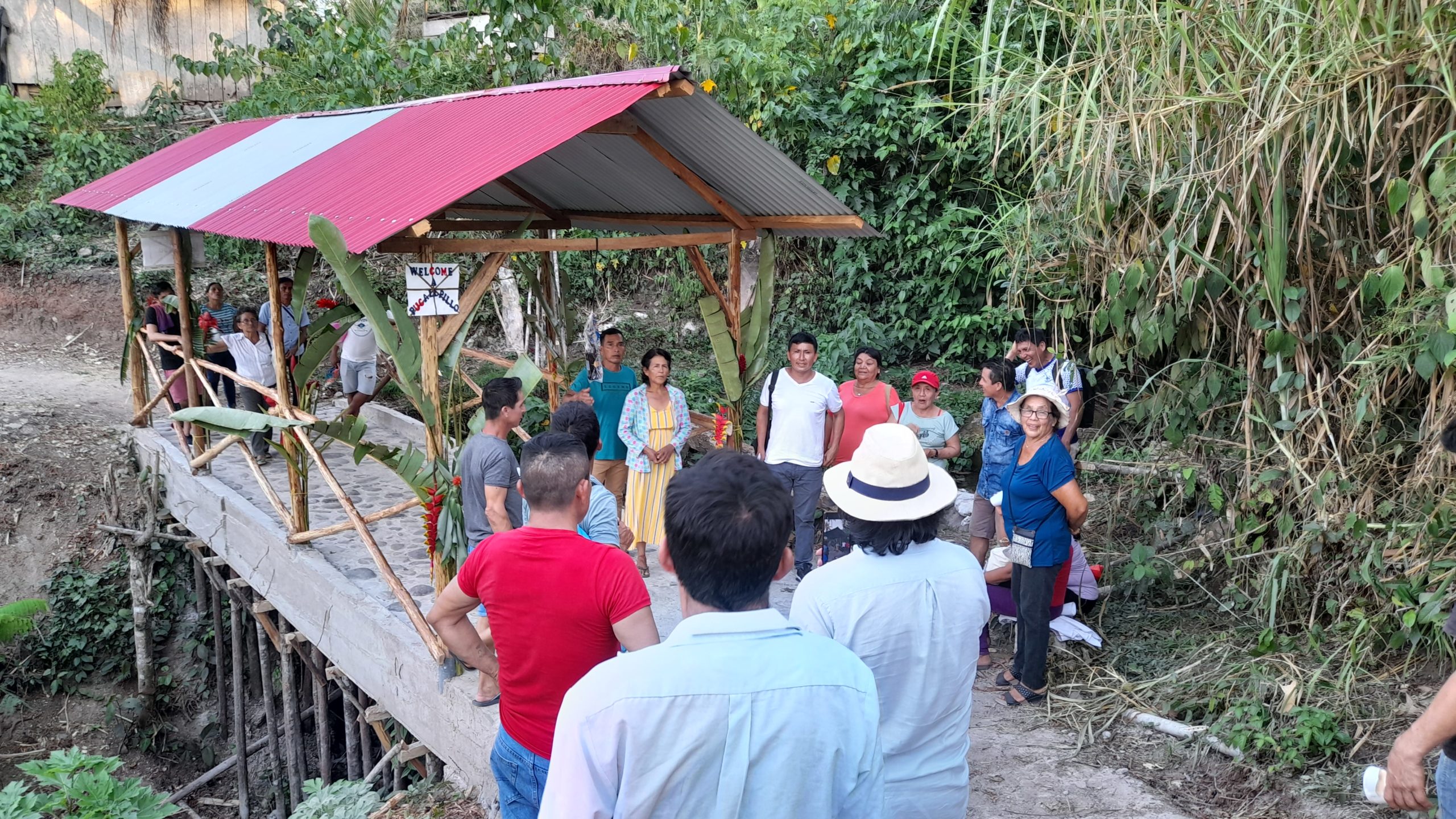
Pucallpillo Community (Río Abiseo National Park)
In Pucallpillo, residents worked to build three bridges to improve accessibility in the community. They also built a welcome booth (“Tambo” at the local pier), a “Welcome to the community” sign and the signposting for a cocoa demonstration plot. This project directly benefits 30 community members (26 men and 4 women).
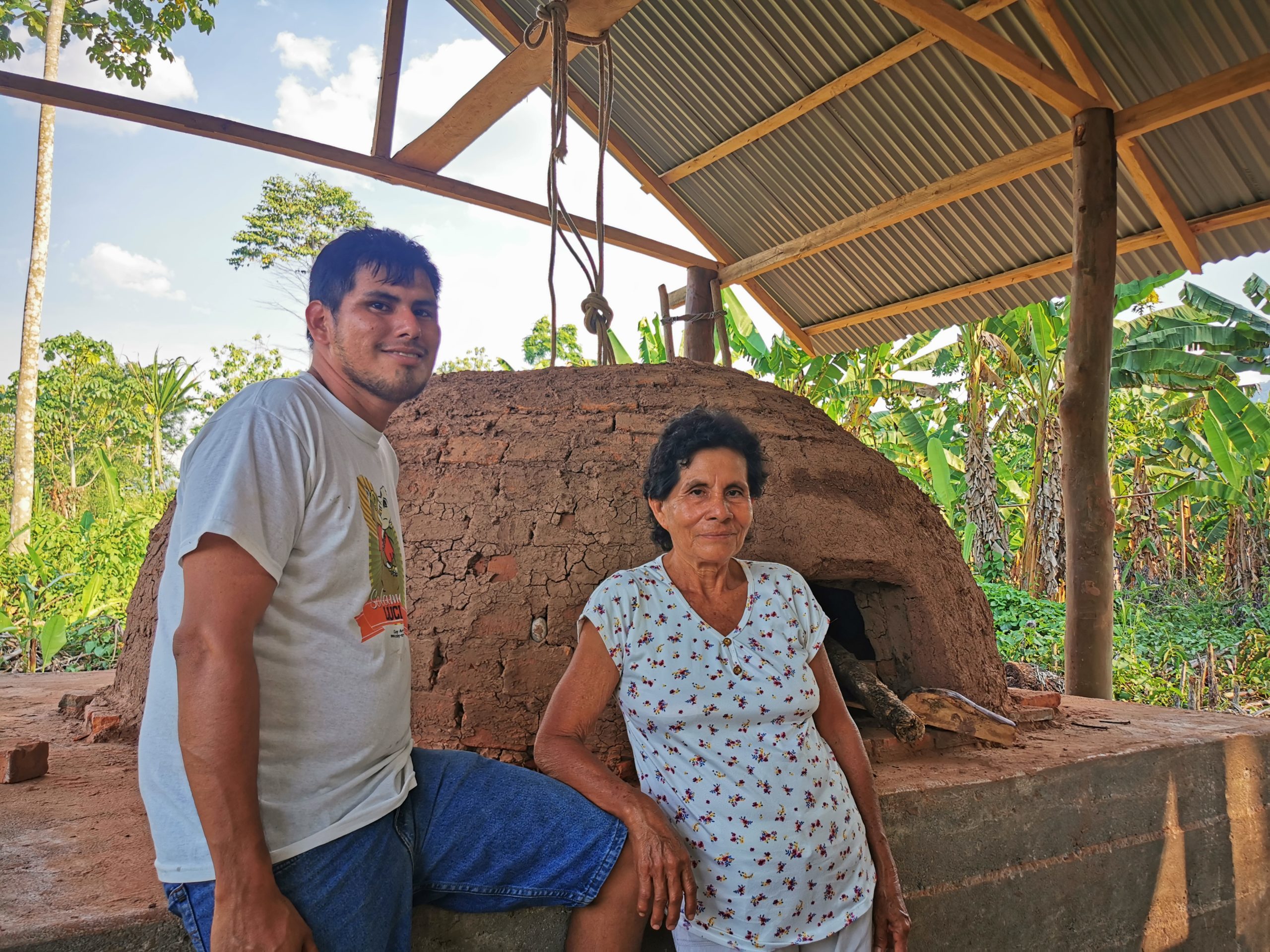
Santa Rosa Community (Río Abiseo National Park)
In Santa Rosa, residents worked to improve the maloca (rest area), the pedestrian access road to its Botanical Garden. They also built an artisan oven, a community bridge and giant 3D letters with the name of the community. This project directly benefits 22 community members (17 men and 5 women).
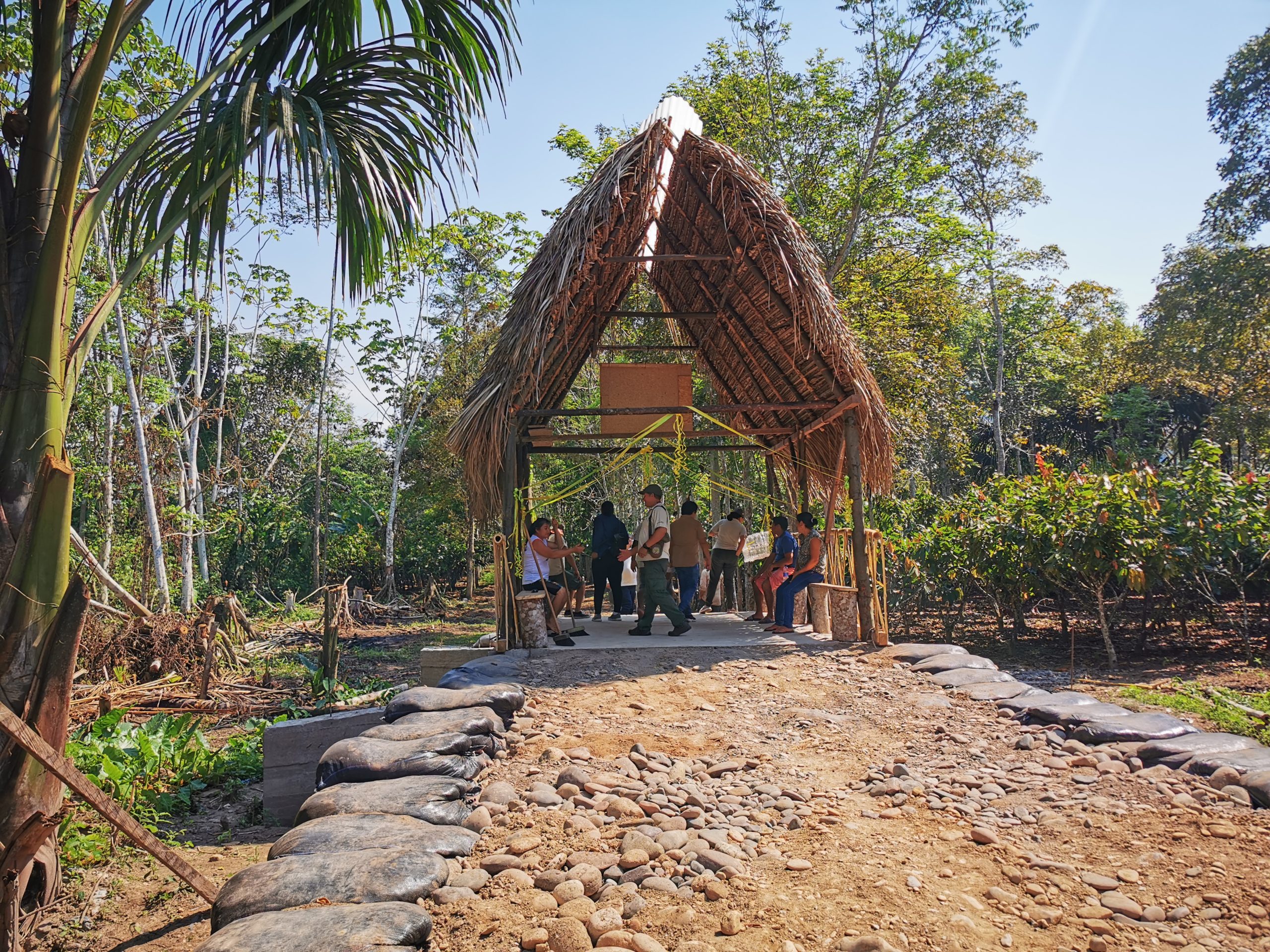
Dos de Mayo Community (Río Abiseo National Park)
In Dos de Mayo, residents worked to build a bridge to improve the access between the pier and the central area of the community. This project directly benefits 20 community members (18 men and 2 women).
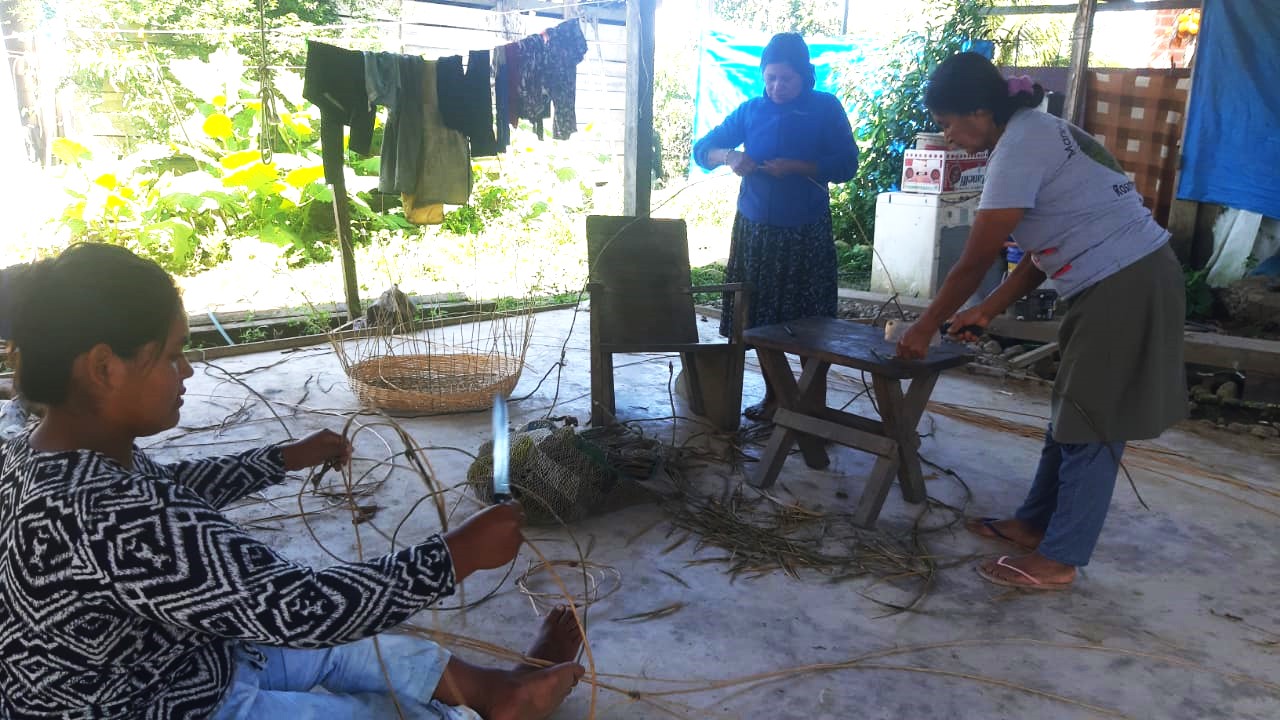
Shintuya Community (Amarakaeri Communal Reserve)
In Shintuya, residents worked to build a sanitary pit for community waste and six wooden huts with three garbage cans made out of local plant roots. This project directly benefits 34 community members (12 men and 22 women). Note: the construction aims to be completed by October 31, 2022.
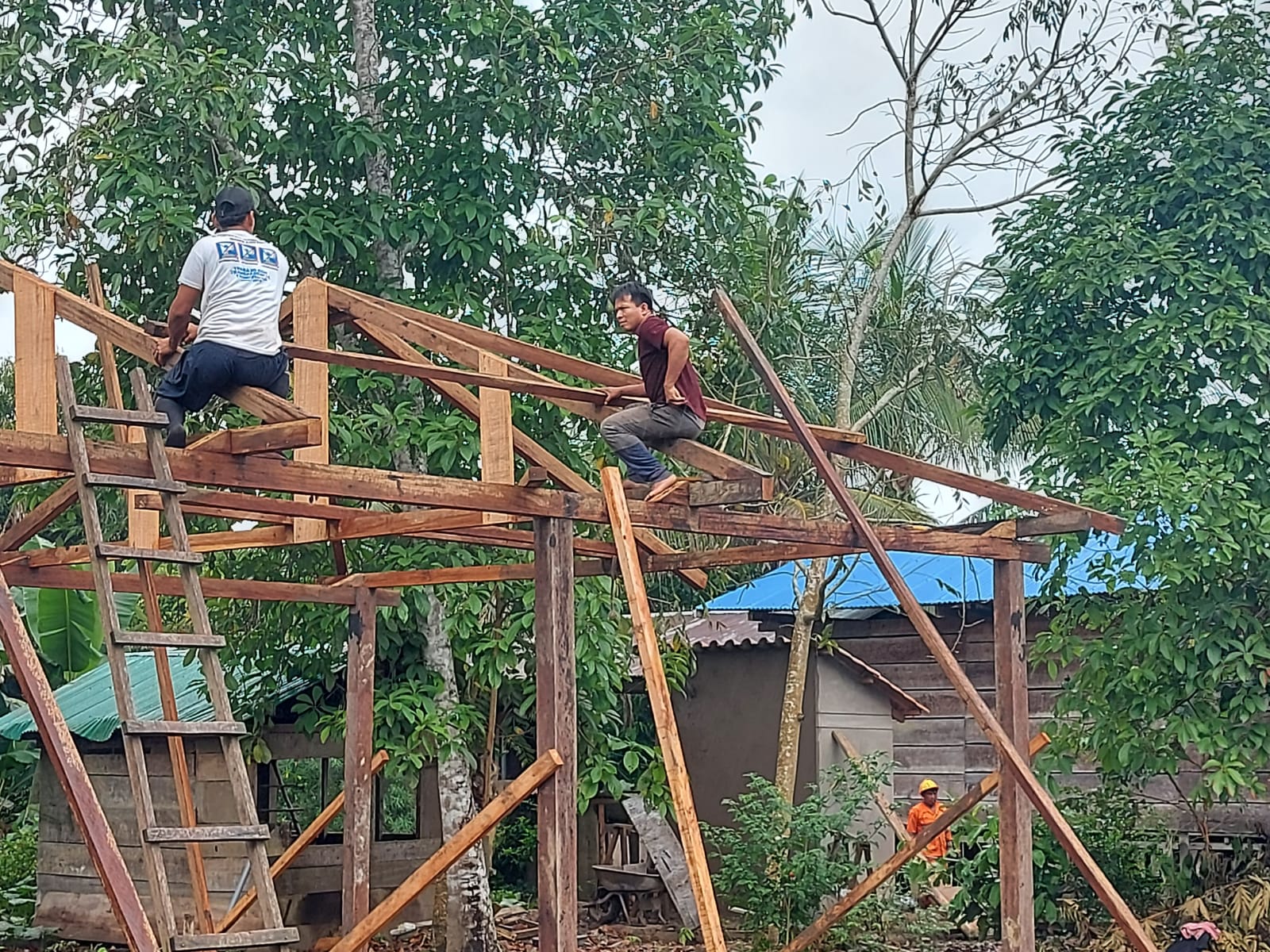
Puerto Azul Community (Amarakaeri Communal Reserve)
In Puerto Azul, residents worked to build a community dining room. This project directly benefits 15 community members (10 men and 5 women). Note: the construction aims to be completed by October 31, 2022.
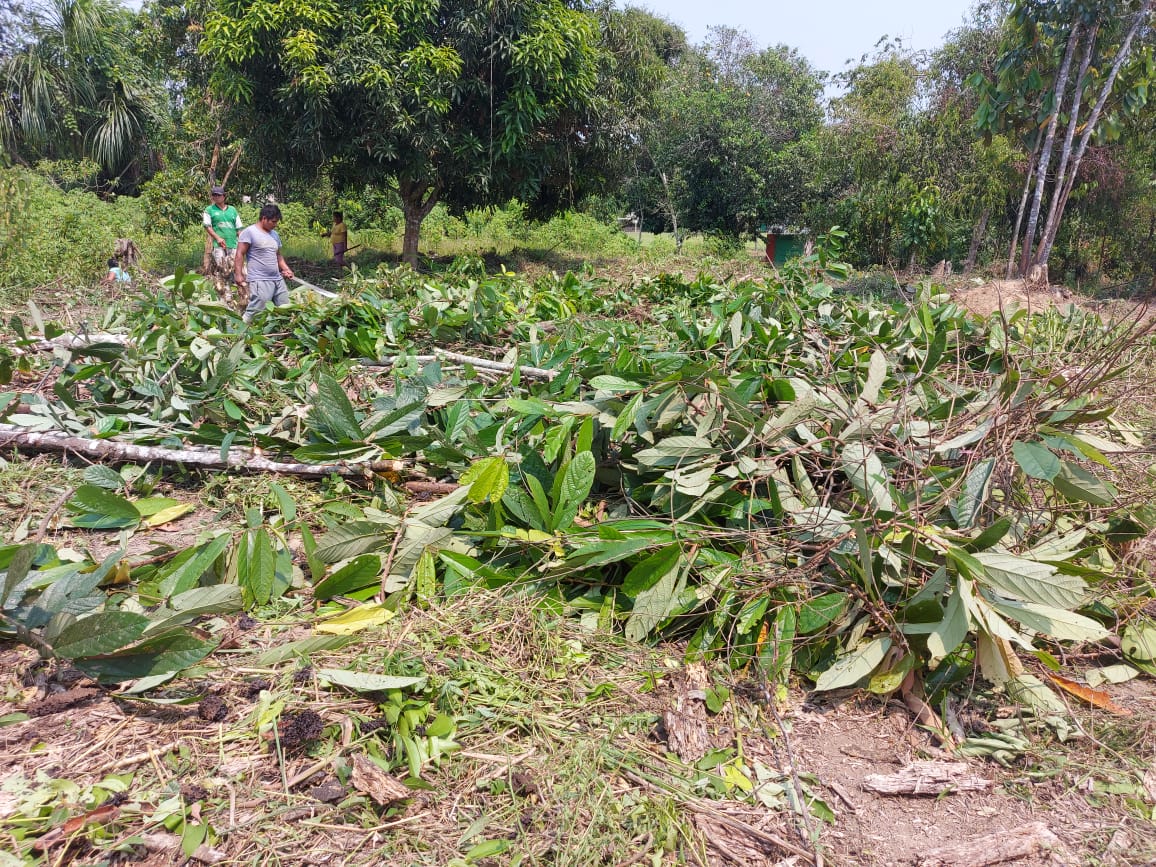
Boca Ishiriwe Community (Amarakaeri Communal Reserve)
In Boca Ishiriwe, residents are working to build a visitor reception centre. This project directly benefits 26 community members (12 men and 14 women). Note: the construction aims to be completed by October 31, 2022.
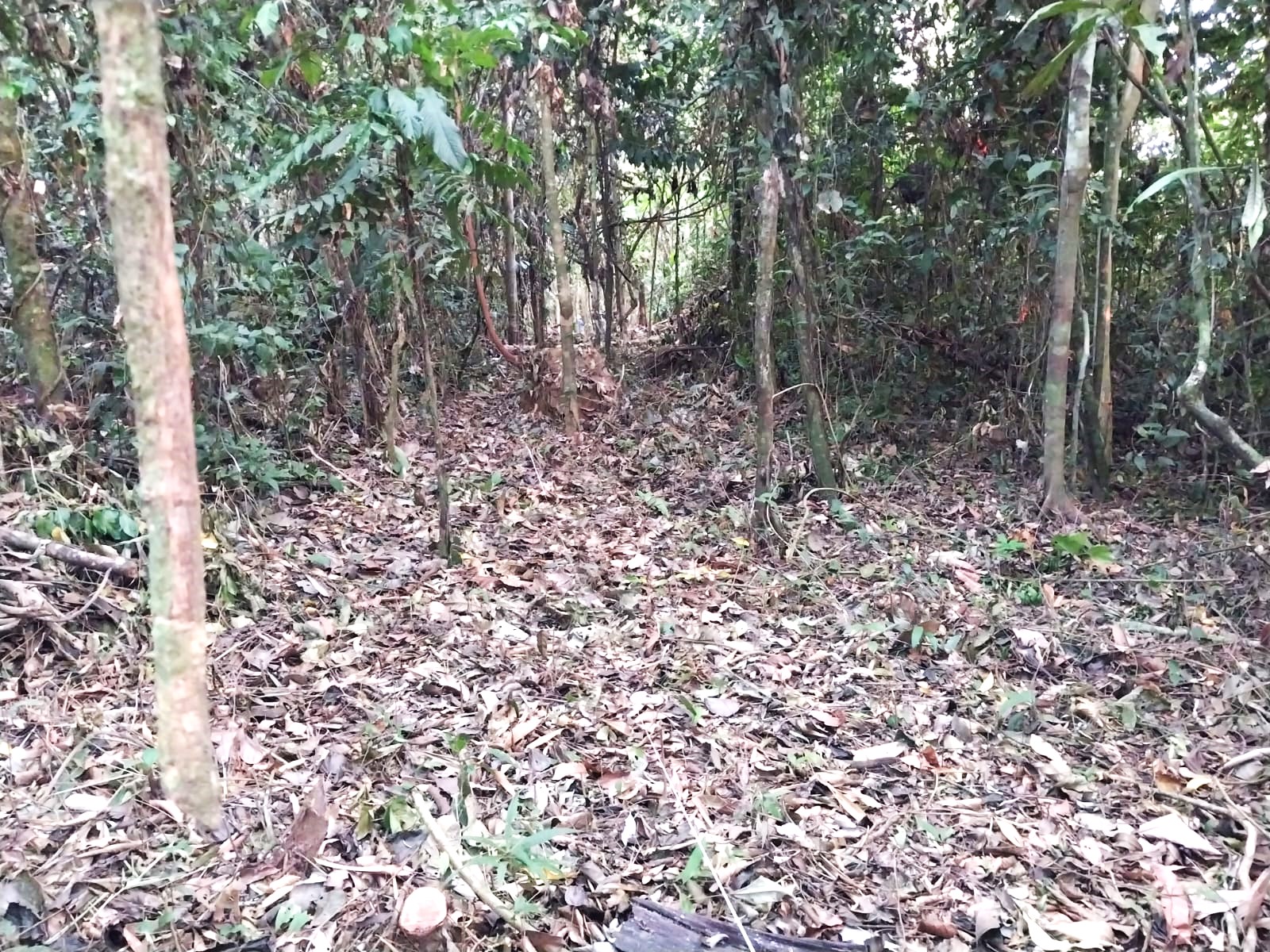
Barranco Chico Community (Amarakaeri Communal Reserve)
In Barranco Chico, residents are working to plant ornamental and production plants such as chestnuts, palm trees and coconut, among others. This project directly benefits 25 community members (9 men and 16 women). Note: the construction aims to be completed by October 15, 2022.
In around five months of work in both protected areas, all these interventions have positively impacted 243 individuals (152 men and 91 women). The Planeterra team has been supervising the process in each community of the Río Abiseo National Park between September 19 and 30, 2022.


